51 Anti-Inflammatory Drinks That Double as Heart-Helpers
Could your daily drink be a secret weapon for a healthier heart? Forget complex routines; safeguarding your cardiovascular system might just be a delightful sip away! Chronic inflammation is a major, often unseen, adversary to heart health, silently stressing your arteries. But here’s the uplifting news: your kitchen already holds powerful allies. Many everyday beverages are brimming with nature's own anti-inflammatory heroes—think potent antioxidants and beneficial polyphenols—that work to calm and protect your body. We've been so inspired by this liquid defense that we've massively expanded our research, now presenting 51 fantastic, heart-smart drinks. Get ready to discover a delicious arsenal of easily accessible beverages that actively shield your heart, one refreshing glass at a time. Cheers to a vibrant, healthier you!
1. Green Tea: The Ancient Elixir
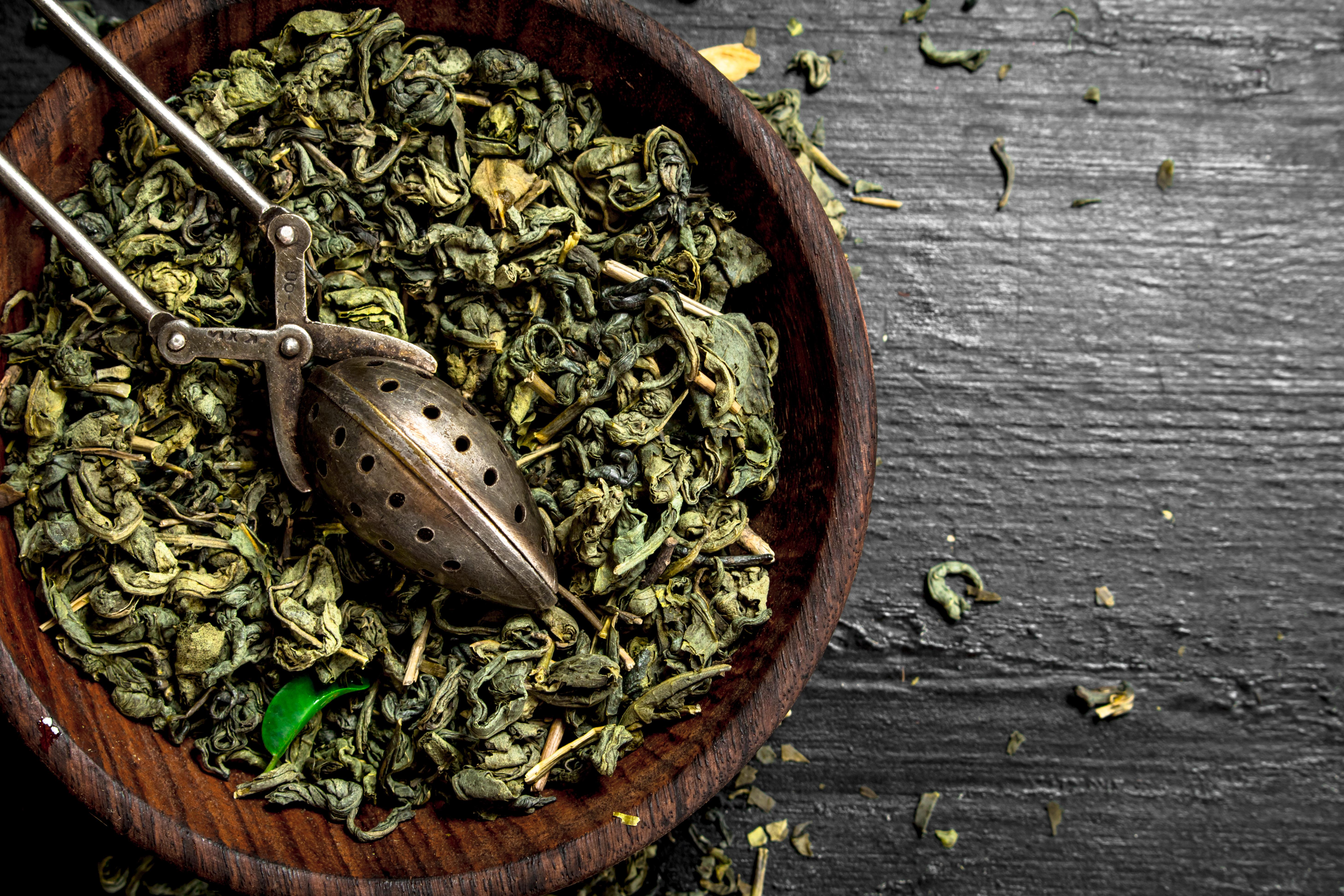
Green tea, a staple in Asian cultures for centuries, is renowned for its myriad health benefits, particularly its anti-inflammatory properties. Rich in polyphenols, especially catechins, green tea has been shown to reduce inflammation and improve arterial function. The most potent catechin, epigallocatechin gallate (EGCG), is a powerful antioxidant that helps neutralize harmful free radicals. Studies suggest that regular consumption of green tea can lower levels of C-reactive protein, a marker of inflammation, thereby reducing the risk of heart disease. Incorporating green tea into your daily routine can be as simple as swapping out your morning coffee or enjoying a calming afternoon break. For those sensitive to caffeine, decaffeinated versions still offer a wealth of benefits. As we explore further, green tea sets a foundational example of how traditional beverages can support modern health goals.
2. Turmeric Latte: The Golden Drink
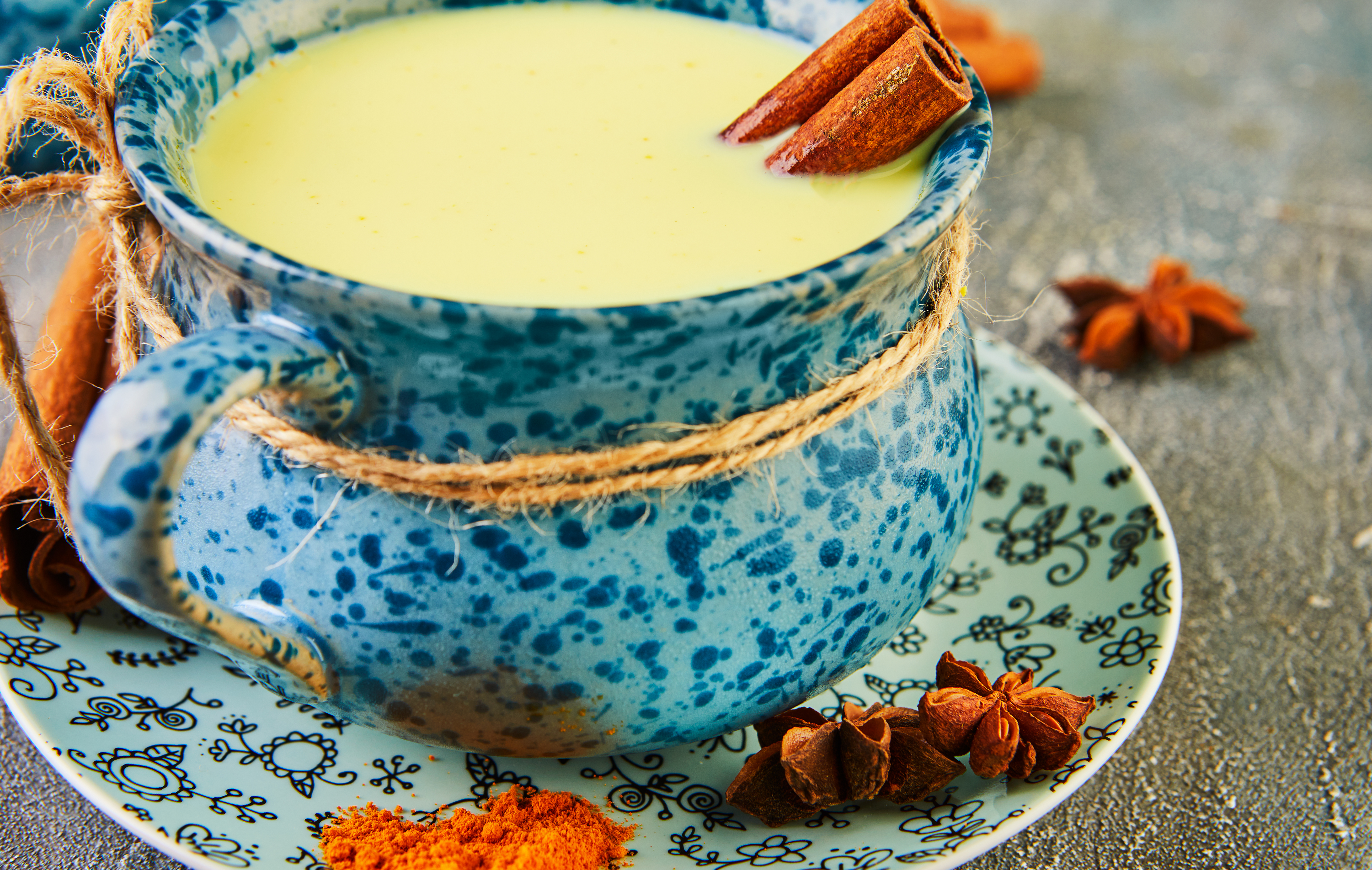
Turmeric latte, often dubbed "golden milk," is a vibrant drink that combines the anti-inflammatory power of turmeric with the soothing warmth of milk. Turmeric contains curcumin, a compound celebrated for its potent anti-inflammatory and antioxidant properties. Curcumin has been extensively studied for its ability to suppress molecules known to play significant roles in inflammation. This makes turmeric latte an excellent choice for those seeking to reduce inflammation naturally. The addition of black pepper enhances curcumin absorption, maximizing its benefits. Besides its health advantages, turmeric latte is a comforting drink, perfect for unwinding in the evening. Its creamy texture and earthy flavor can be adjusted with spices like cinnamon or ginger, both of which have their own anti-inflammatory benefits. By embracing this golden drink, you not only indulge in a delicious treat but also take a proactive step towards heart health.
3. Hibiscus Tea: A Floral Remedy
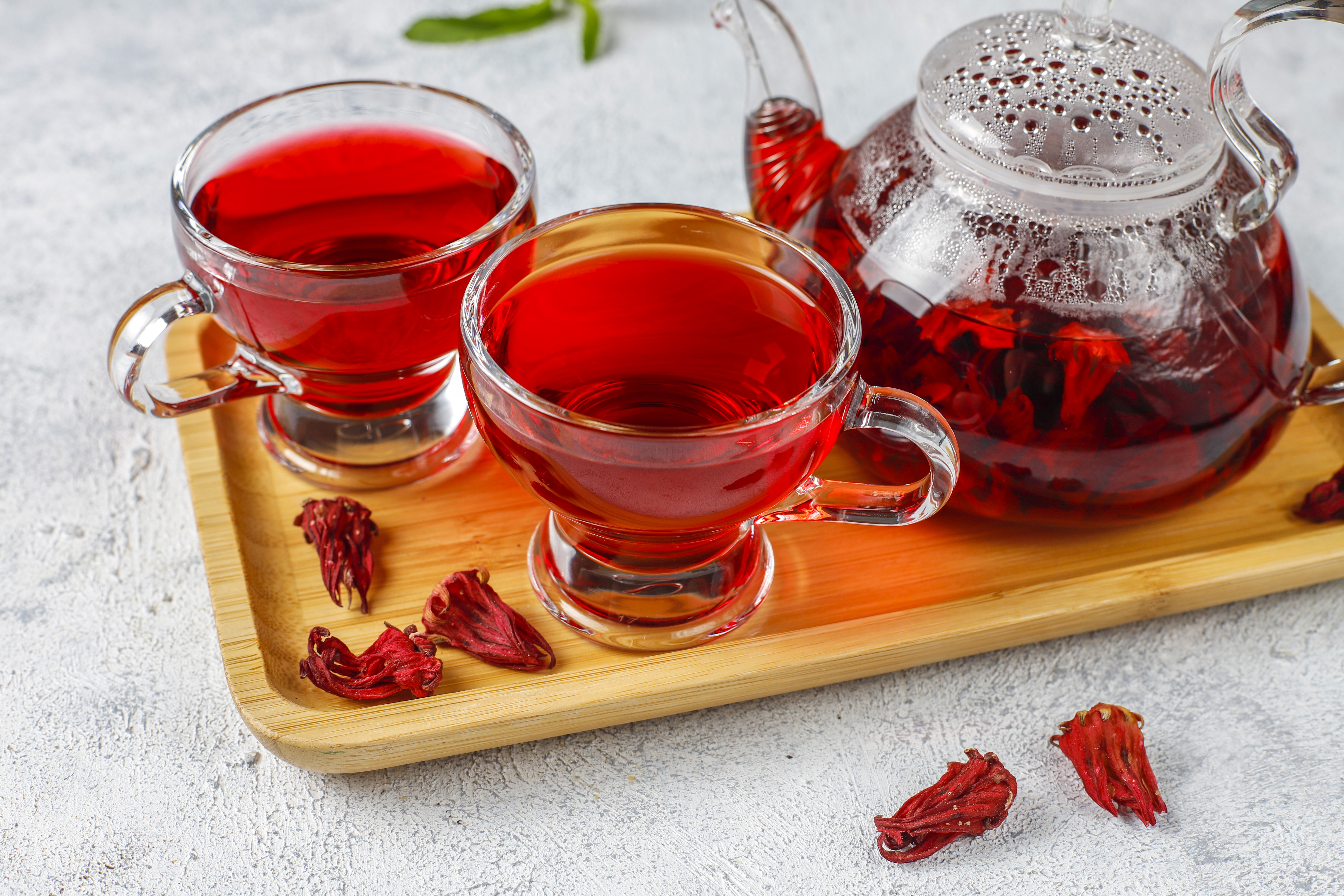
Hibiscus tea, with its tangy flavor and vibrant red hue, is more than just a refreshing beverage. This tea is rich in anthocyanins, compounds that give it its distinctive color and contribute to its anti-inflammatory effects. Hibiscus tea has been shown to lower blood pressure, a key factor in maintaining heart health. The tea's high antioxidant content helps combat oxidative stress, which can lead to inflammation and heart disease. Regular consumption of hibiscus tea can also aid in reducing cholesterol levels, further supporting cardiovascular health. Enjoyed hot or cold, hibiscus tea is a versatile addition to your beverage repertoire. Its tartness can be balanced with a touch of honey or a squeeze of lemon, making it a delightful drink any time of the day. As we continue to explore, hibiscus tea exemplifies how nature's simplest offerings can have profound health impacts.
4. Ginger Tea: A Spicy Solution
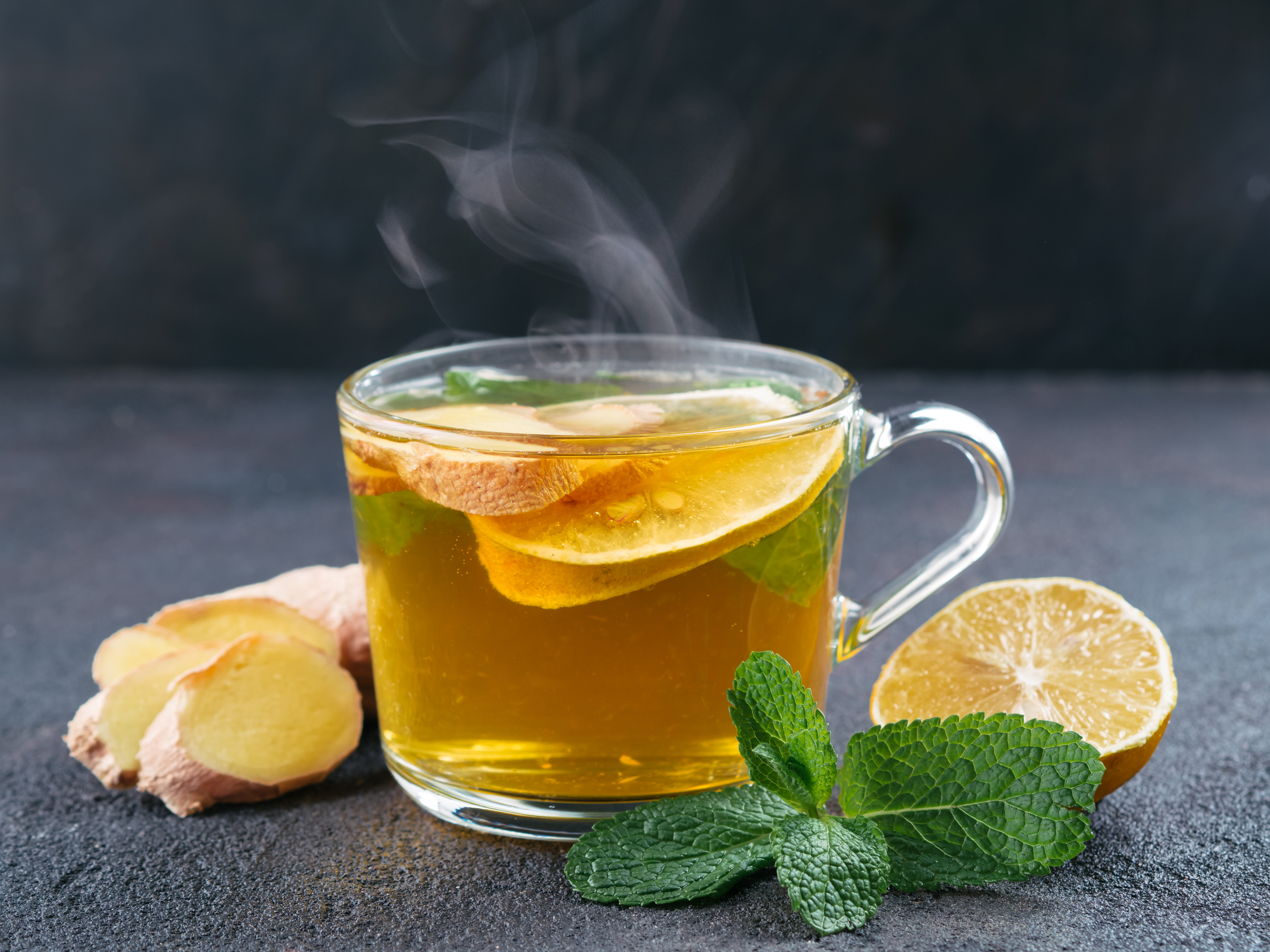
Ginger tea is a zesty beverage known for its warming properties and numerous health benefits. The active compounds in ginger, such as gingerols and shogaols, have been shown to possess strong anti-inflammatory and antioxidant effects. These compounds help reduce inflammation by inhibiting the production of pro-inflammatory cytokines. Ginger tea can also improve circulation, which is vital for heart health. It aids in lowering cholesterol levels and preventing blood clots, both of which are crucial for maintaining a healthy heart. Preparing ginger tea is simple and can be tailored to your taste by adding lemon or honey. This drink is particularly soothing during cold months, offering both comfort and health benefits. As we sip our way through these anti-inflammatory wonders, ginger tea stands out as a flavorful and effective ally in the fight against heart disease.
5. Pomegranate Juice: The Heart's Ally
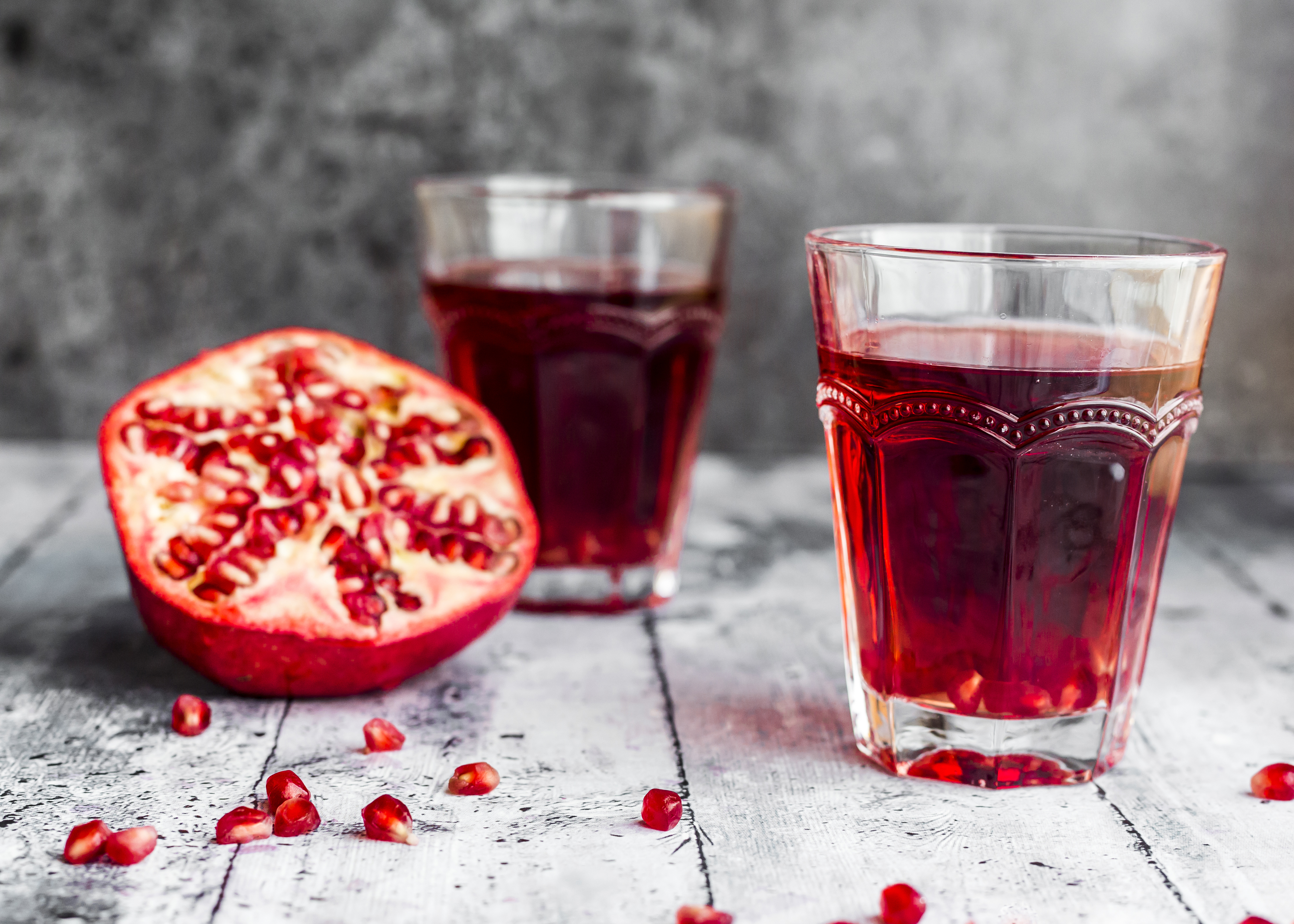
Pomegranate juice is a powerhouse of nutrients and antioxidants, making it a formidable ally in promoting heart health. The juice is rich in polyphenols and anthocyanins, compounds known for their anti-inflammatory properties. Pomegranate juice has been shown to reduce oxidative stress and inflammation, key contributors to heart disease. Regular consumption can improve blood flow and reduce arterial plaque, lowering the risk of heart attacks and strokes. The sweet-tart flavor of pomegranate juice makes it a delicious addition to your diet. Whether enjoyed on its own or mixed into smoothies, pomegranate juice offers a refreshing way to support heart health. As we explore further, pomegranate juice illustrates the profound impact that nutrient-dense beverages can have on our well-being.
6. Matcha: The Green Powerhouse
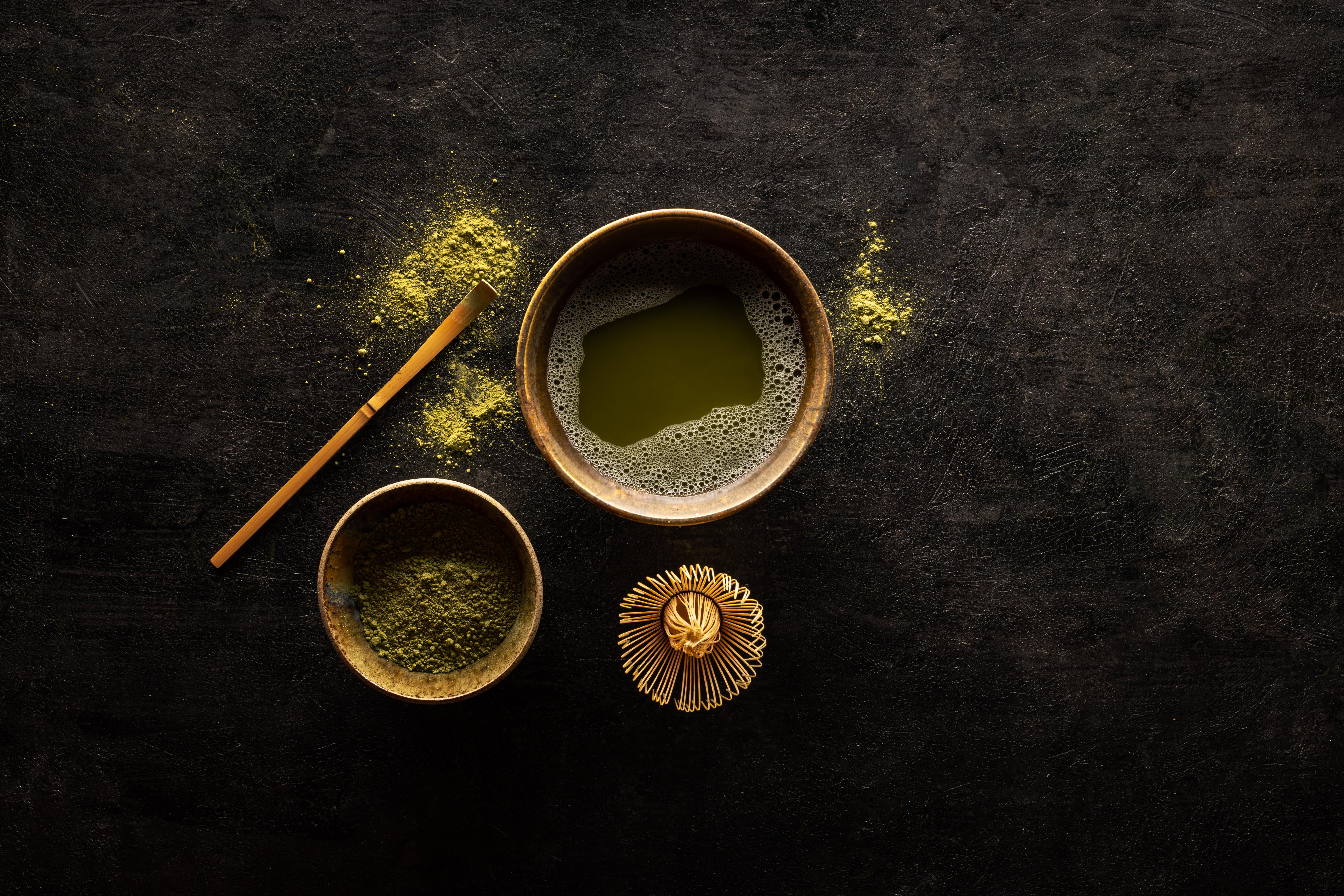
Matcha is a form of green tea that is ground into a fine powder, offering a more concentrated source of nutrients and antioxidants. Like green tea, matcha is rich in catechins, particularly EGCG, which provides potent anti-inflammatory effects. The unique preparation of matcha allows for the consumption of the entire tea leaf, maximizing its health benefits. Matcha has been shown to reduce inflammation and improve heart health by lowering LDL cholesterol and improving blood vessel function. The vibrant green powder can be whisked into hot water for a traditional tea or added to smoothies and lattes for a modern twist. Matcha's versatility and potent health benefits make it a valuable addition to any heart-healthy diet. As we continue our exploration, matcha highlights the synergy between tradition and innovation in promoting heart health.
7. Beetroot Juice: Nature's Blood Tonic
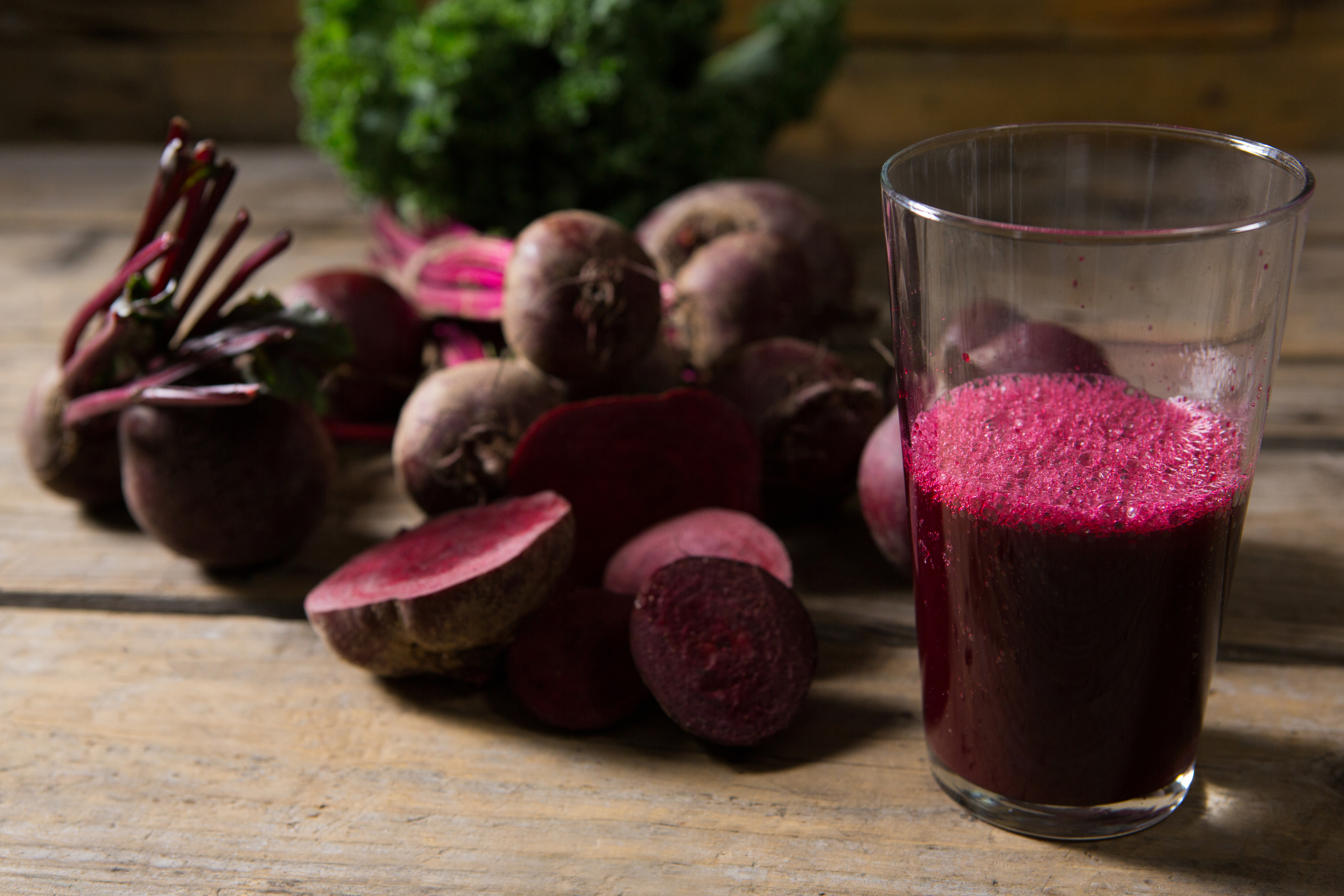
Beetroot juice is a vibrant drink known for its ability to improve cardiovascular health. Rich in nitrates, beetroot juice helps dilate blood vessels, improving blood flow and reducing blood pressure. This effect is crucial for reducing the risk of heart disease. Beetroot juice also contains betalains, pigments with anti-inflammatory and antioxidant properties. These compounds help reduce inflammation and oxidative stress, further supporting heart health. The earthy sweetness of beetroot juice can be enjoyed on its own or blended with other fruits and vegetables for a nutrient-packed beverage. As we delve deeper into heart-healthy drinks, beetroot juice stands out as a natural and effective way to support cardiovascular health.
8. Blueberry Smoothie: A Berry Delight
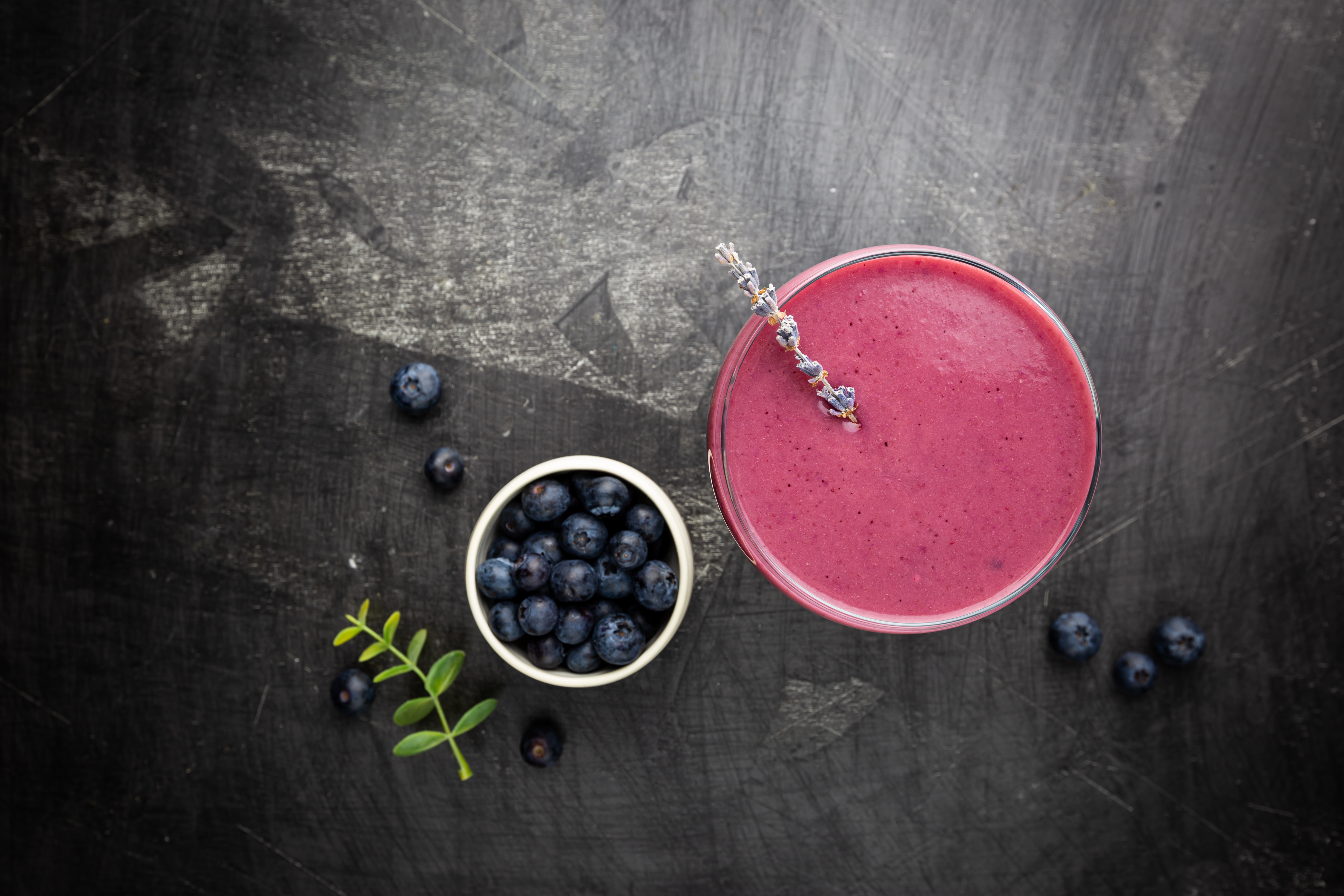
Blueberries are often hailed as a superfood, and their inclusion in smoothies makes for a delicious and heart-healthy drink. Rich in anthocyanins, blueberries have potent anti-inflammatory and antioxidant properties. These compounds help reduce inflammation, improve blood vessel function, and lower cholesterol levels. A blueberry smoothie can be easily prepared by blending fresh or frozen blueberries with yogurt or milk, providing a creamy and nutritious beverage. The addition of other fruits or greens can enhance the smoothie’s nutritional profile, making it a versatile option for a heart-healthy diet. As we explore these drinks, the blueberry smoothie exemplifies how simple ingredients can create powerful health benefits.
9. Chia Seed Drink: The Omega-3 Boost
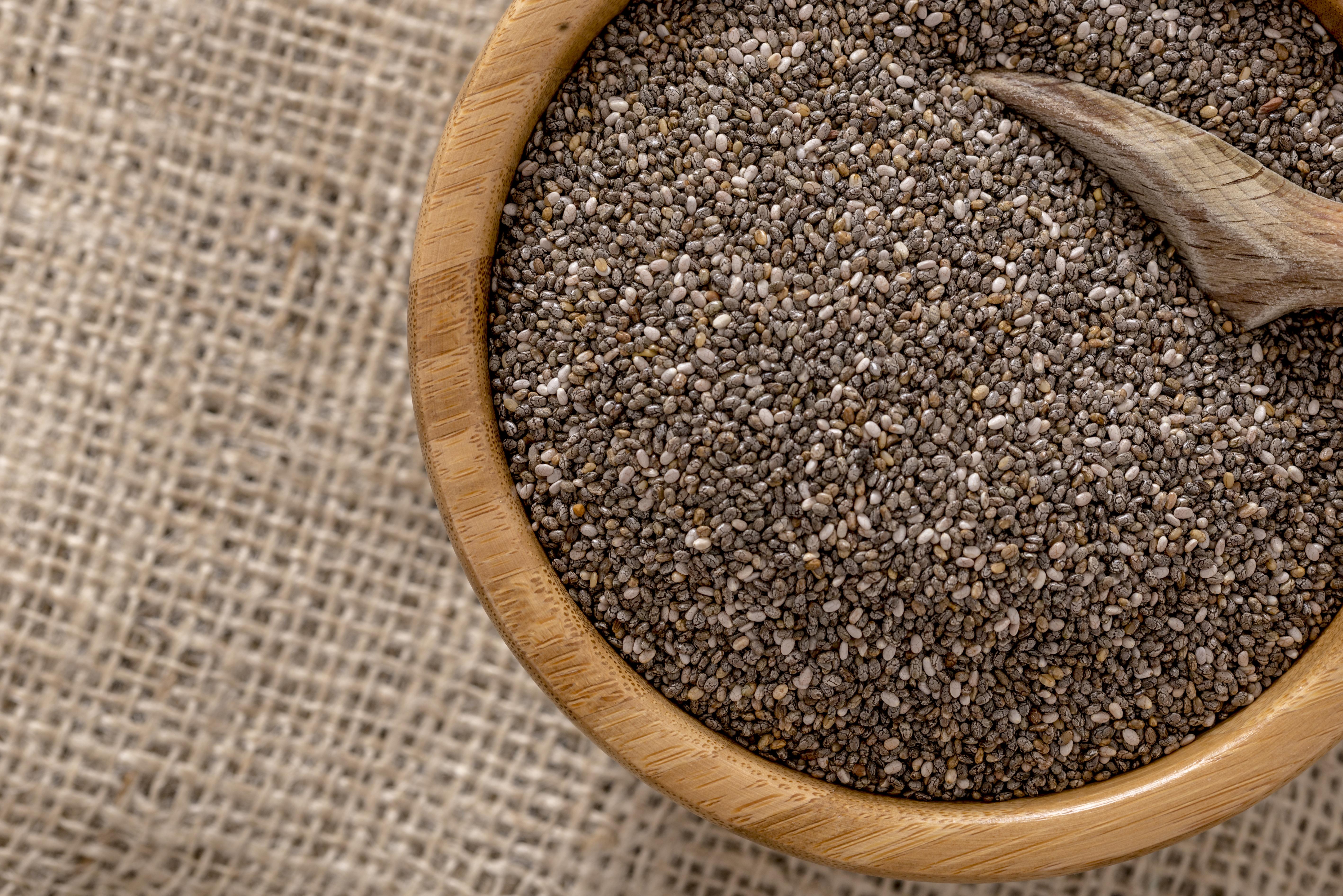
Chia seeds are a rich source of omega-3 fatty acids, known for their anti-inflammatory effects. When soaked in water or juice, chia seeds form a gel-like consistency, creating a unique and hydrating drink. The high fiber content of chia seeds also aids in reducing cholesterol levels and improving heart health. Chia seed drinks can be customized with various flavors, such as lemon or berry, for a refreshing and nutritious beverage. The versatility and health benefits of chia seeds make them an excellent addition to a heart-healthy regimen. As we continue our exploration, chia seed drinks highlight the importance of omega-3s in reducing inflammation and supporting cardiovascular health.
10. Lemon Water: The Simple Elixir
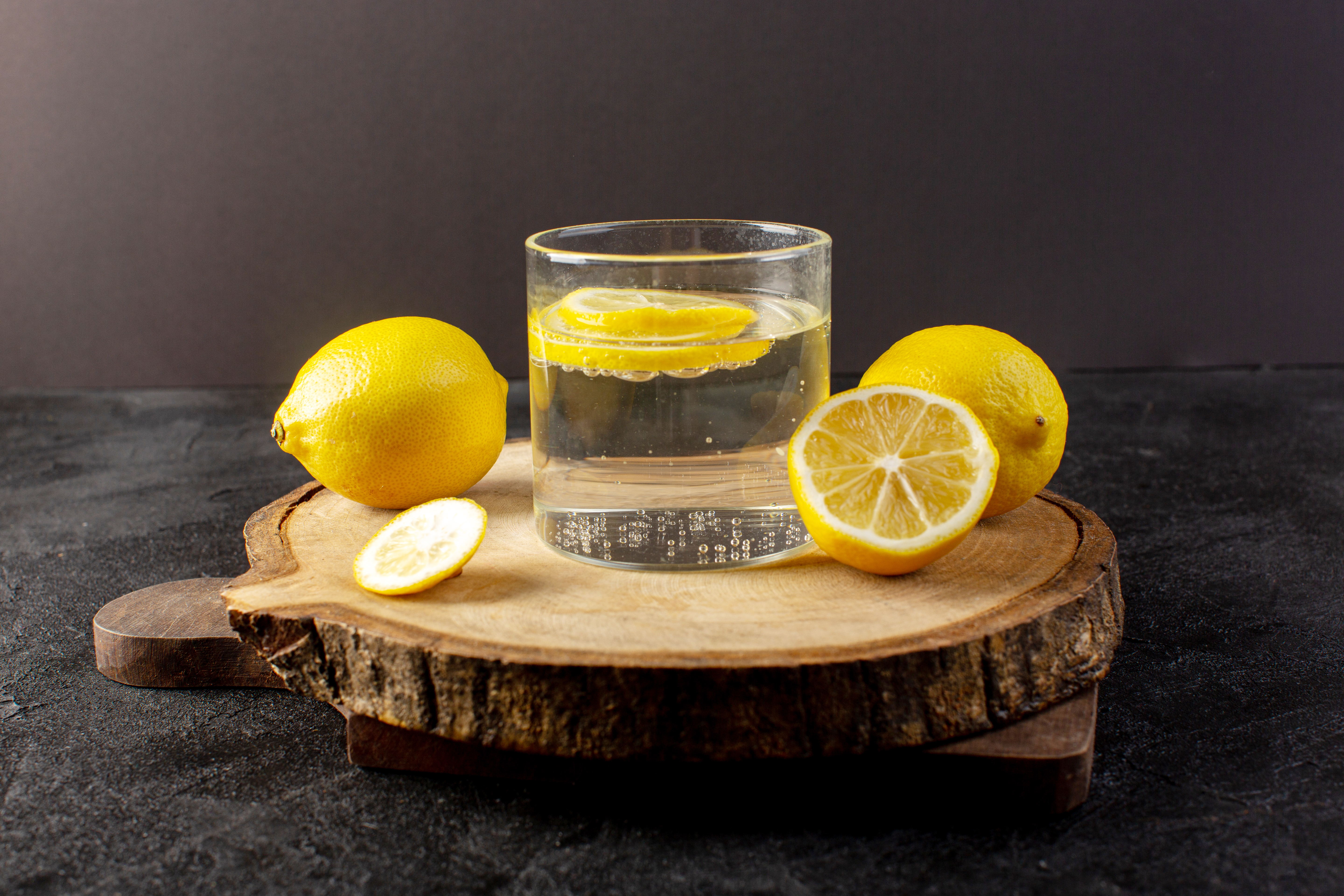
Lemon water is a simple yet powerful drink that offers numerous health benefits. Rich in vitamin C, lemon water has antioxidant properties that help reduce inflammation and protect against oxidative stress. The alkalizing effect of lemon water can also help balance the body's pH levels, reducing the risk of chronic inflammation. Drinking lemon water in the morning can aid digestion and hydrate the body, setting a healthy tone for the day. The refreshing taste of lemon water makes it an easy and enjoyable addition to any diet. As we explore these drinks, lemon water serves as a reminder that sometimes the simplest solutions can have the most profound effects on our health.
11. Aloe Vera Juice: The Healing Hydrator

Aloe vera juice is a hydrating beverage known for its soothing and anti-inflammatory properties. The juice contains compounds such as polysaccharides and glycoproteins, which help reduce inflammation and support immune function. Aloe vera juice can also aid in digestion and improve nutrient absorption, contributing to overall health. The mild flavor of aloe vera juice can be enhanced with a splash of citrus or mixed into smoothies for a refreshing drink. As we conclude our exploration, aloe vera juice exemplifies how natural remedies can support heart health and overall well-being.
12. Tart Cherry Juice: The Anthocyanin Powerhouse
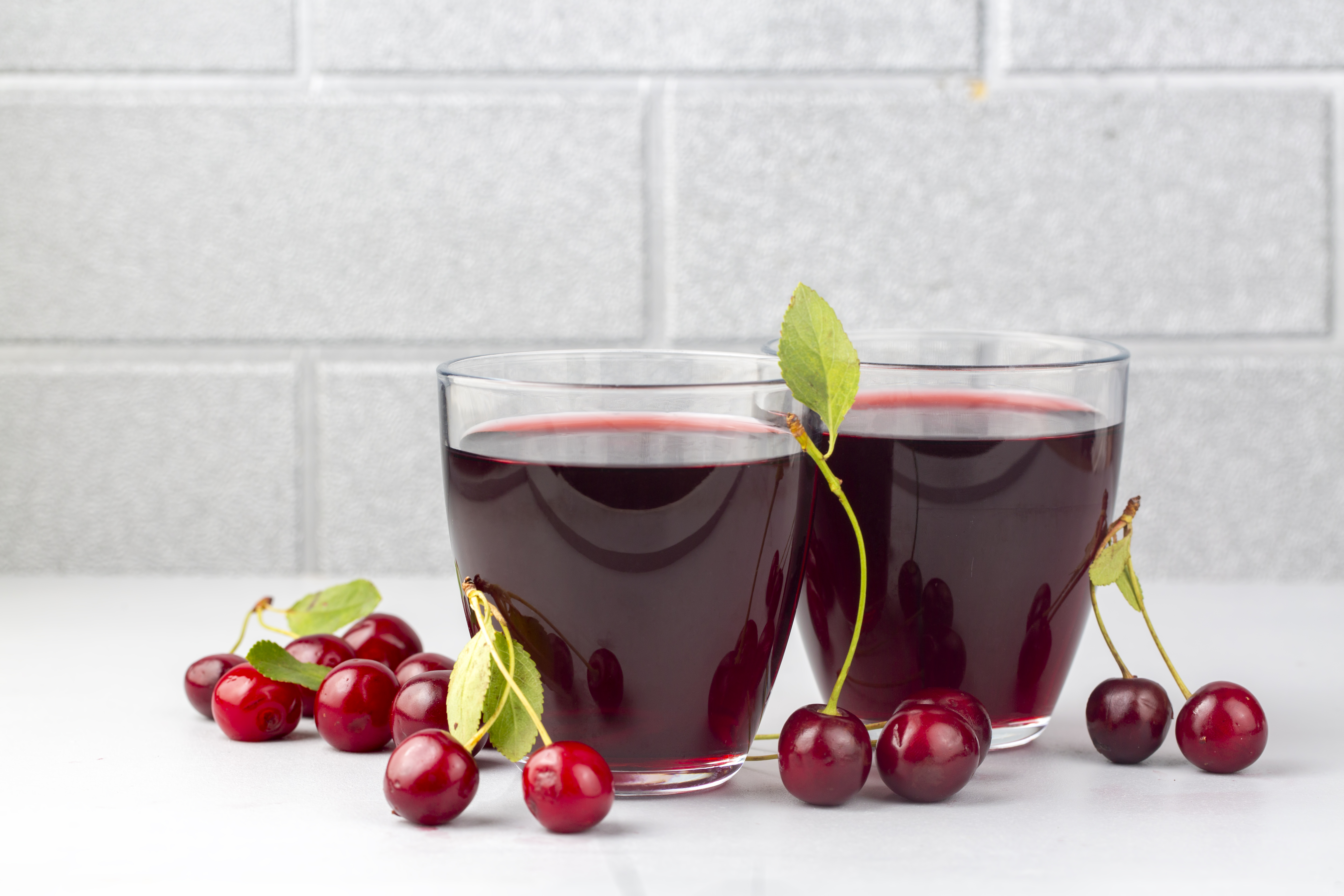
This vibrant juice is packed with anthocyanins, potent antioxidants that give cherries their deep red colour. Studies suggest these compounds significantly reduce inflammation markers and oxidative stress, benefiting heart health and potentially lowering blood pressure. Tart cherry juice may also aid muscle recovery and improve sleep quality due to its natural melatonin content. Opt for unsweetened varieties to maximize benefits without added sugar. Enjoy a small glass daily or add it to smoothies for a tangy, heart-protective boost.
13. Black Coffee: The Antioxidant Brew
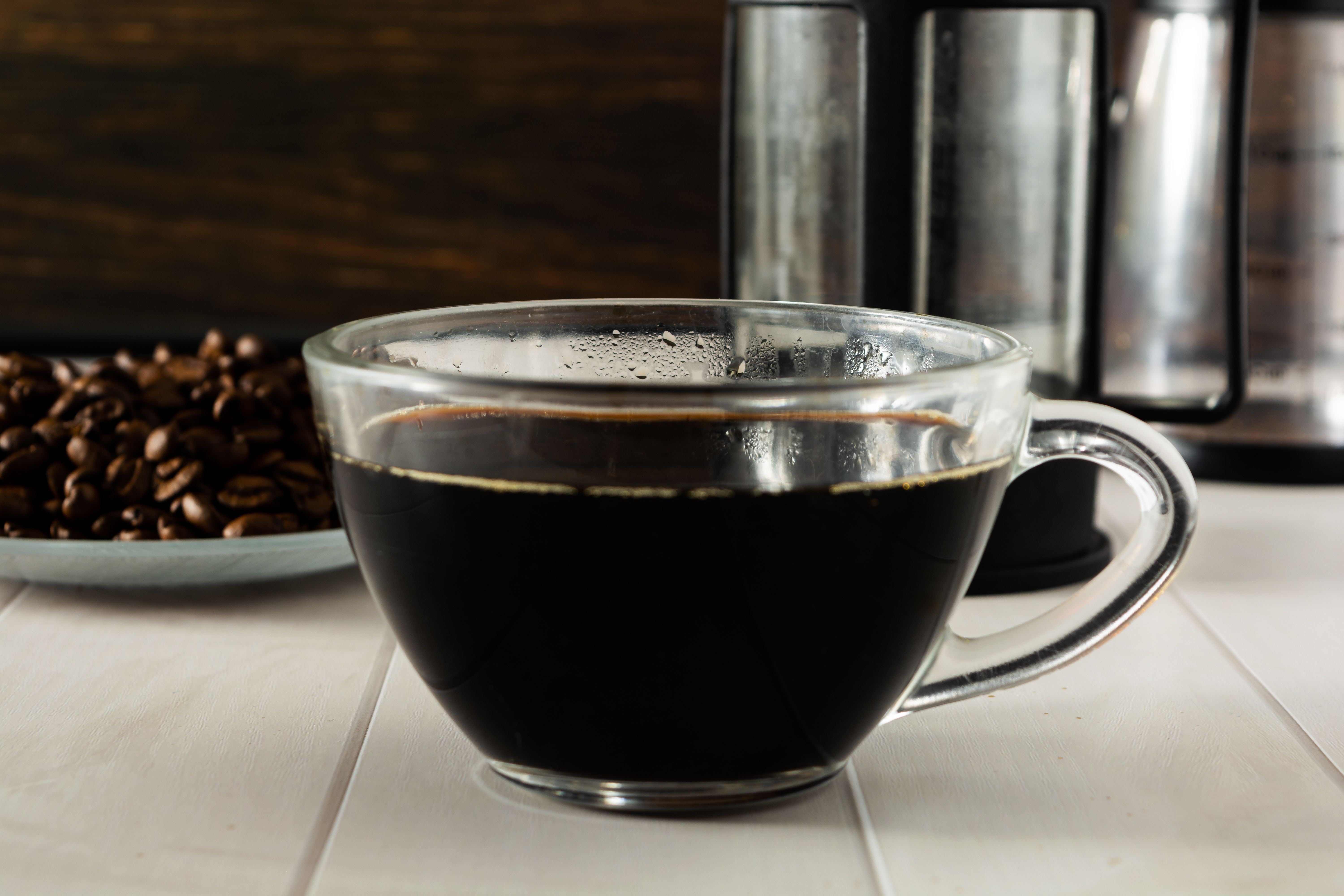
Good news for coffee lovers! Beyond the caffeine kick, black coffee is loaded with antioxidants like chlorogenic acids, which combat inflammation and oxidative stress. Moderate consumption has been linked to improved blood vessel function, reduced risk of stroke, and better overall cardiovascular health. To reap the benefits, skip the sugar and heavy creams, which can negate the positive effects. Enjoying 1-3 cups of plain black coffee daily can be a simple, enjoyable part of a heart-healthy routine.
14. Unsweetened Cranberry Juice: The Polyphenol Protector
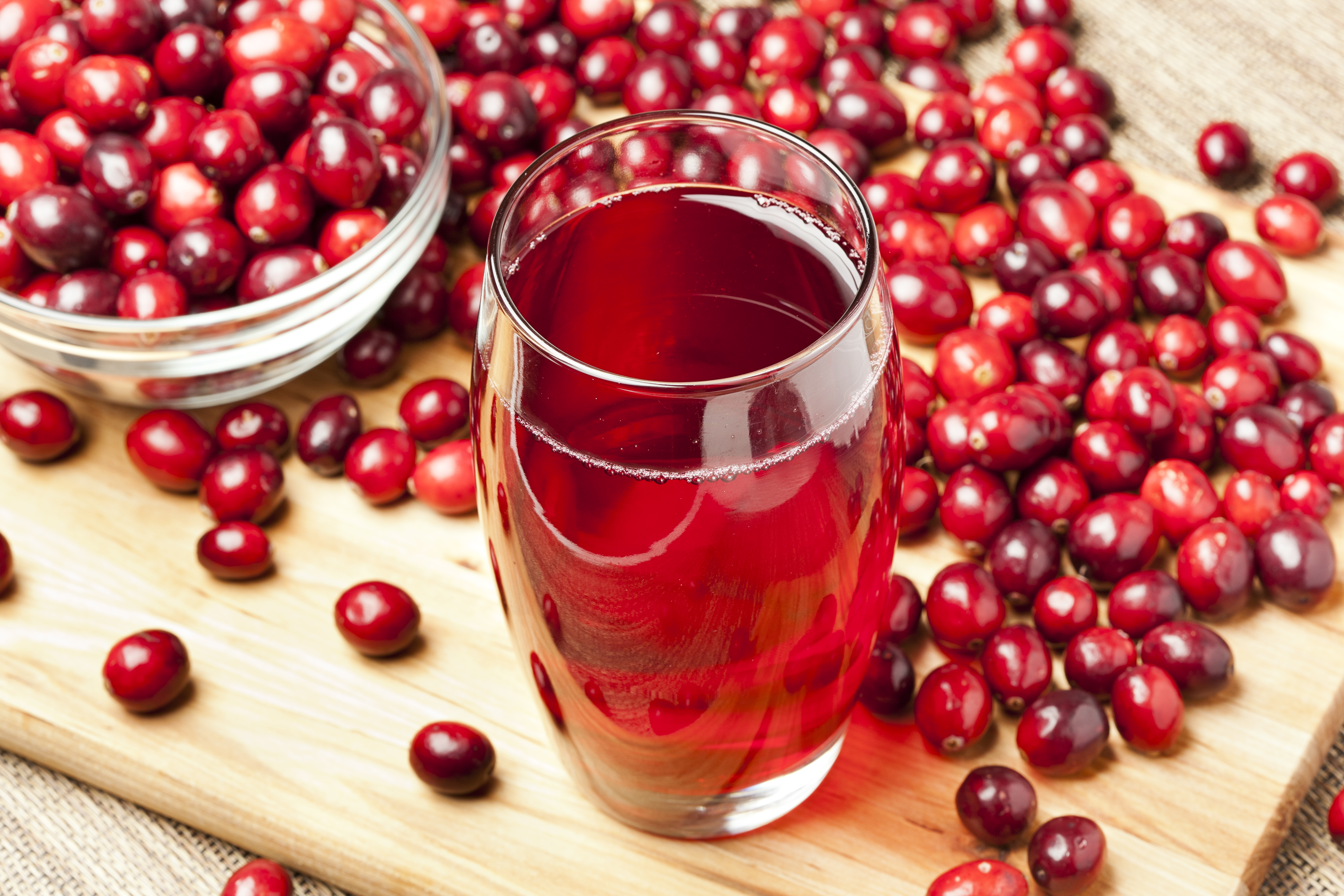
Pure, unsweetened cranberry juice (not the sugary cocktail versions) is rich in unique polyphenols, particularly proanthocyanidins. These compounds possess strong anti-inflammatory and antioxidant properties, helping to prevent LDL cholesterol oxidation (a key step in plaque formation) and improve blood vessel flexibility. Cranberry juice is also famous for urinary tract health, but its cardiovascular benefits make it a worthy addition. Dilute with water or blend into smoothies to temper its natural tartness while supporting your heart.
15. Rooibos Tea: The Caffeine-Free Calmer
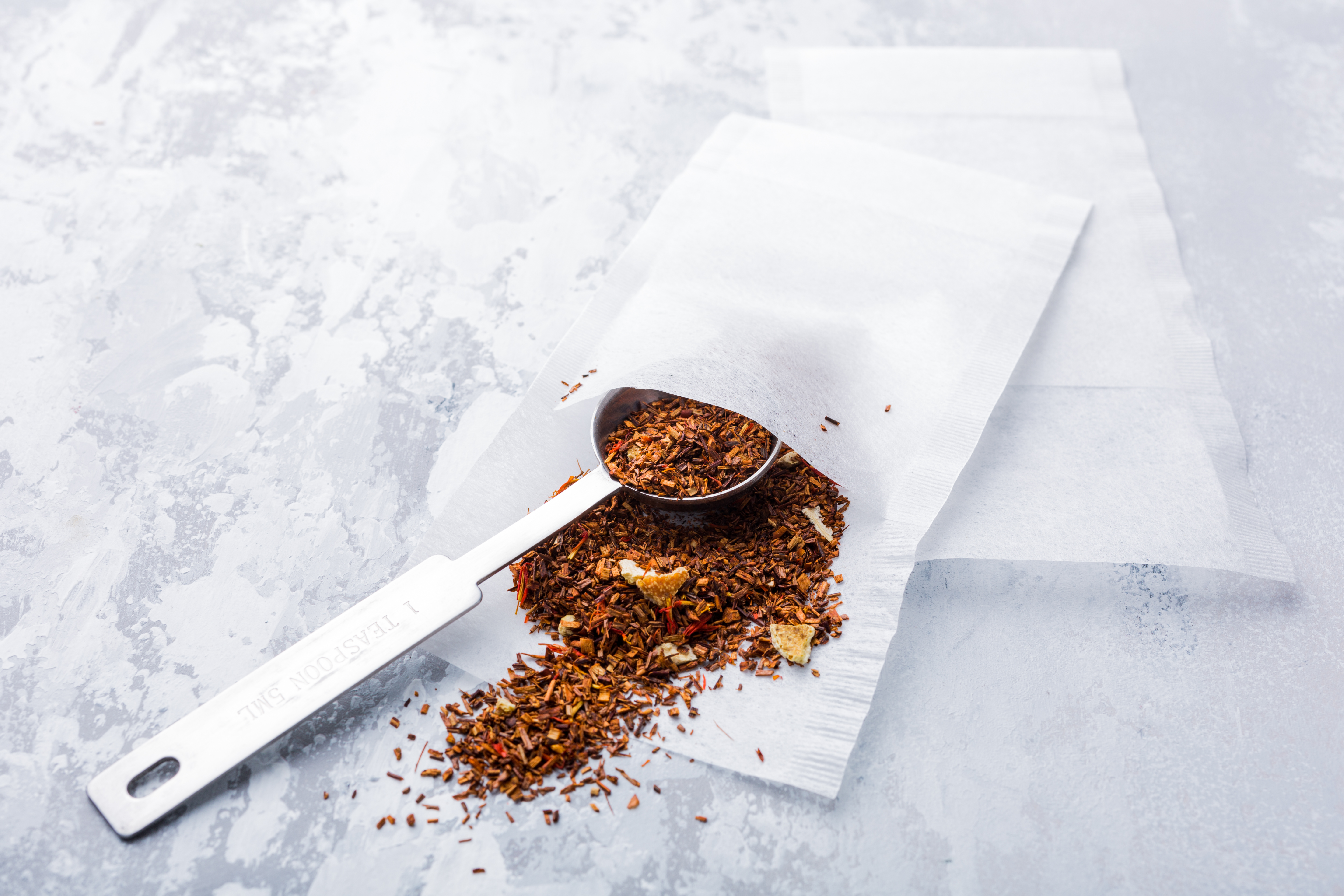
This naturally caffeine-free South African red bush tea is packed with unique antioxidants like aspalathin and nothofagin. These compounds help fight inflammation and oxidative stress, contributing to better heart health. Rooibos tea has been shown to positively impact blood pressure and cholesterol levels in some studies. Its naturally sweet, nutty flavour makes it a soothing alternative to traditional teas or coffee, enjoyable hot or cold any time of day without disrupting sleep.
16. Flaxseed "Milk" or Add-In: The Omega-3 Fiber Boost
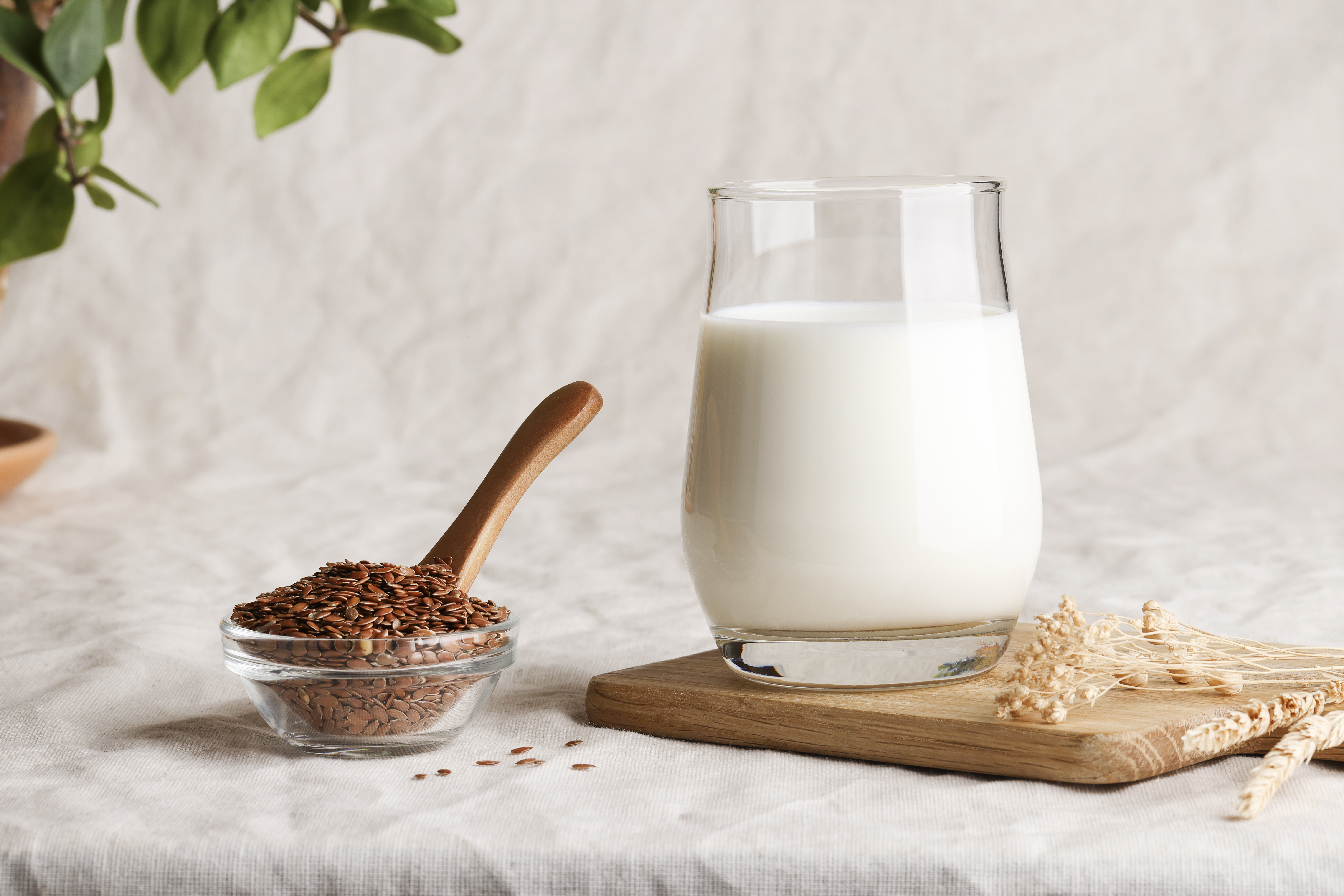
While not a traditional drink, adding ground flaxseed to water, smoothies, or plant-based milks creates a beverage rich in alpha-linolenic acid (ALA), a plant-based omega-3 fatty acid. ALA helps reduce inflammation and supports heart health. Flaxseeds are also loaded with lignans (antioxidants) and soluble fiber, which aids cholesterol management and promotes gut health – another factor linked to cardiovascular wellness. Stir a tablespoon of ground flax into your morning drink for an easy anti-inflammatory upgrade.
17. Chamomile Tea: The Gentle Soother
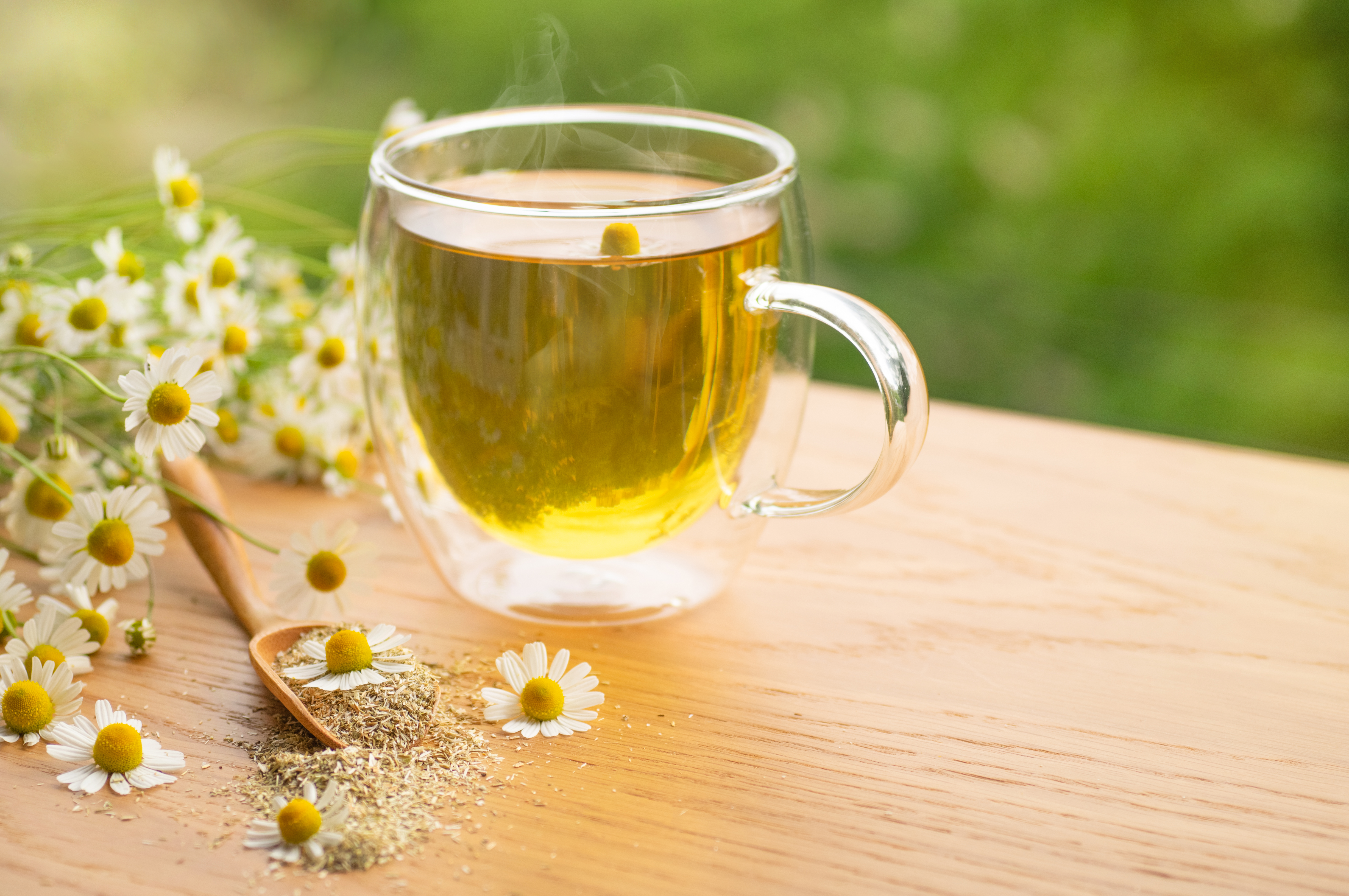
Known for its calming effects, chamomile tea contains antioxidants like apigenin, which possess anti-inflammatory properties. While primarily studied for relaxation and sleep, reducing systemic inflammation and stress positively impacts heart health. Chronic stress contributes to hypertension and heart disease risk. Sipping chamomile tea, especially in the evening, can help lower stress hormones and promote relaxation, indirectly supporting a healthier cardiovascular system through its gentle, soothing action.
18. Dark Cacao Drink: The Flavanol Indulgence

Indulge smartly with a drink made from unsweetened, high-percentage dark cacao powder. Cacao is rich in flavanols, powerful antioxidants shown to improve blood flow, lower blood pressure, and reduce inflammation by increasing nitric oxide production. Mix pure cacao powder with hot water or unsweetened plant milk, adding a touch of natural sweetener if needed. Avoid sugary hot chocolate mixes; the key is the high flavanol content in minimally processed cacao for true heart benefits.
19. Rosehip Tea: The Vitamin C & Galactolipid Infusion

Made from the fruit of the rose plant, rosehip tea is exceptionally high in Vitamin C, a potent antioxidant that supports immune function and blood vessel health. It also contains galactolipids, compounds currently being researched for significant anti-inflammatory effects, potentially benefiting conditions like arthritis and heart health. This tangy, fruity tea offers a caffeine-free way to boost antioxidant intake and explore emerging anti-inflammatory compounds for cardiovascular wellness.
20. Cucumber & Mint Infused Water: The Hydrating Refresher
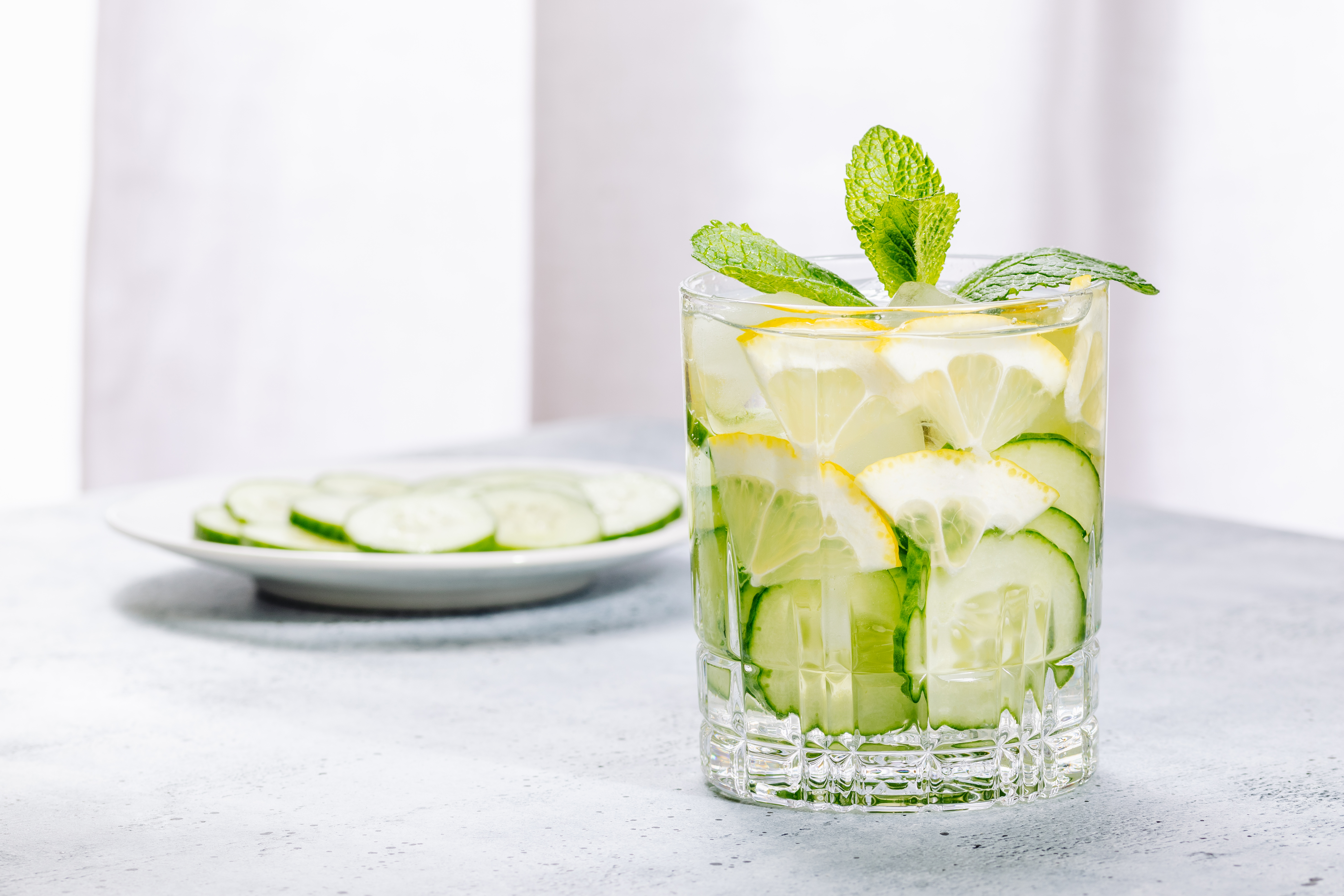
Simple, yet effective. Staying well-hydrated is crucial for maintaining healthy blood volume and pressure. Infusing water with cucumber and mint adds more than just flavour; cucumbers provide subtle hydration and trace minerals, while mint contains antioxidants and may have mild anti-inflammatory effects. This refreshing combination encourages fluid intake without sugar or calories, supporting overall cardiovascular function through optimal hydration and a hint of natural anti-inflammatory compounds.
21. Oat Milk (Beta-Glucan Rich): The Cholesterol Manager
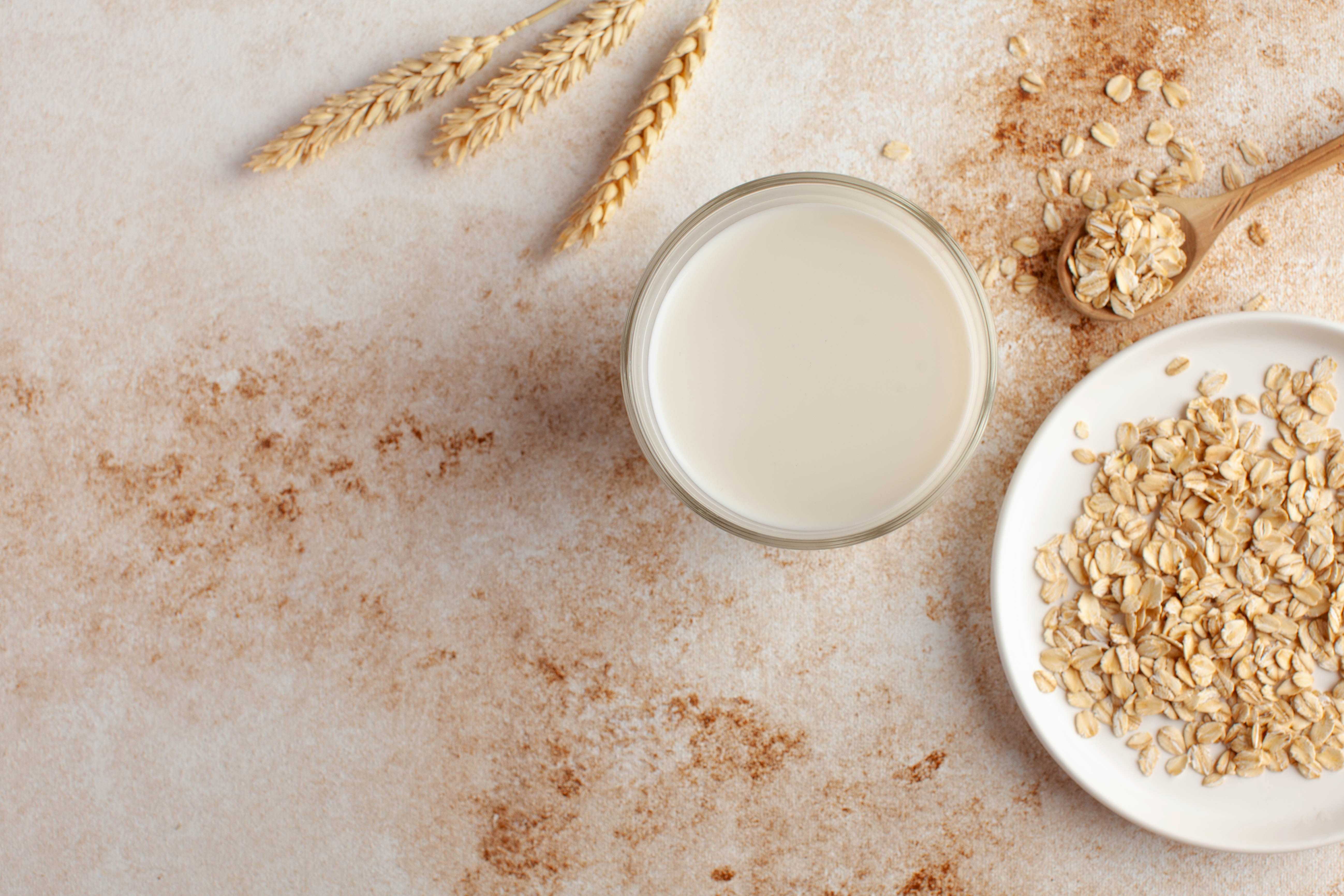
Oat milk, especially varieties enriched or naturally high in beta-glucans (a type of soluble fiber), offers heart-healthy benefits. Beta-glucans are well-known for their ability to help lower LDL ("bad") cholesterol levels by binding to cholesterol in the digestive tract. Reducing high cholesterol is crucial for preventing plaque buildup in arteries. Choosing unsweetened oat milk as a base for smoothies or enjoying it on its own provides this fiber boost, contributing to better cholesterol management and overall heart health.
22. Kefir (Water or Milk): The Probiotic Powerhouse
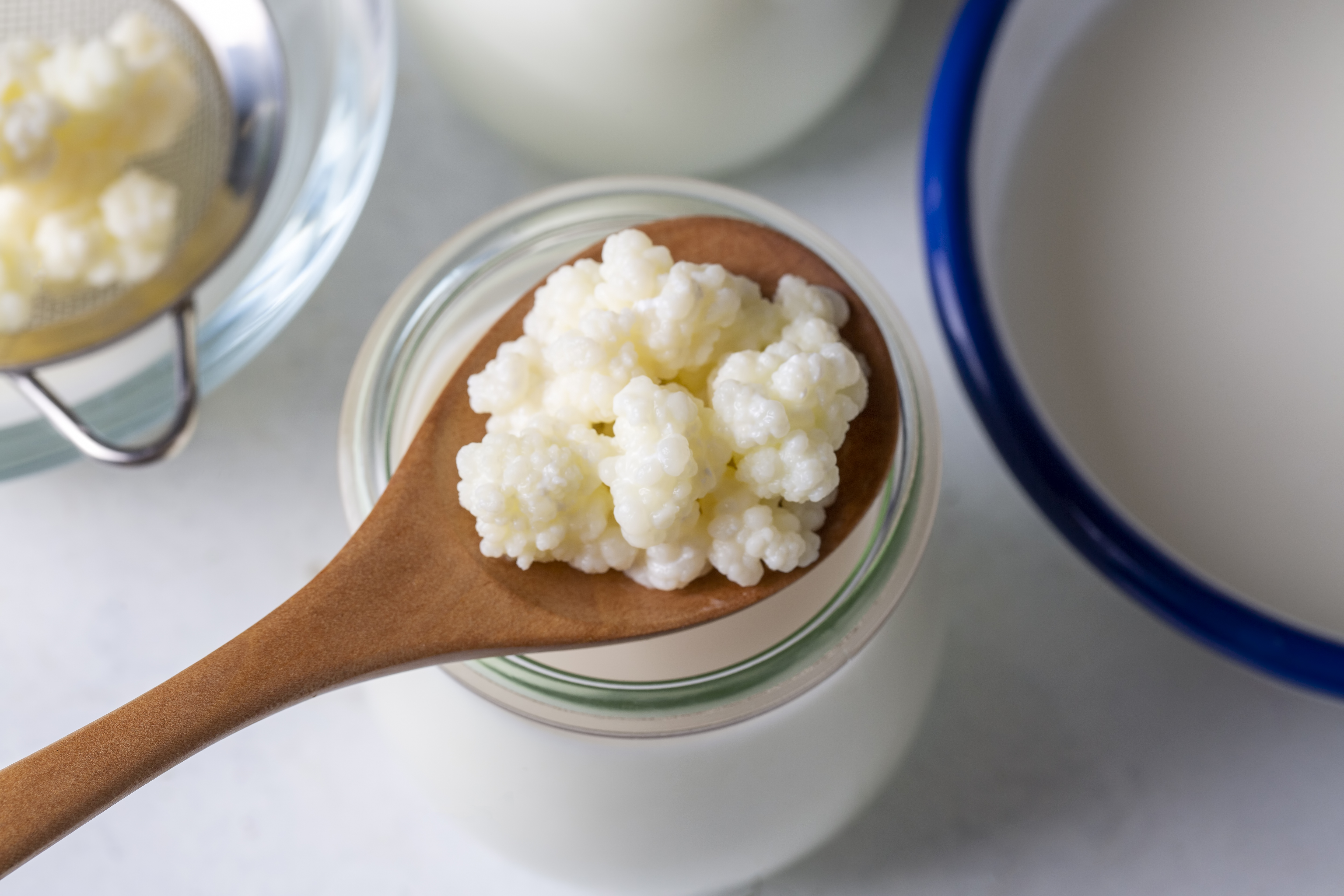
This fermented drink, whether made from milk or water, is teeming with beneficial probiotic bacteria and yeasts. Emerging research strongly links a healthy gut microbiome to reduced systemic inflammation, a key factor in cardiovascular health. Probiotics in kefir help balance gut flora, strengthen the gut barrier, and may produce compounds that positively influence blood pressure and cholesterol. Enjoy tangy milk kefir or bubbly water kefir plain, or add them to smoothies for a potent dose of gut-loving, inflammation-fighting microbes.
23. Kombucha: The Fermented Tea Fizz (Check Sugar!)
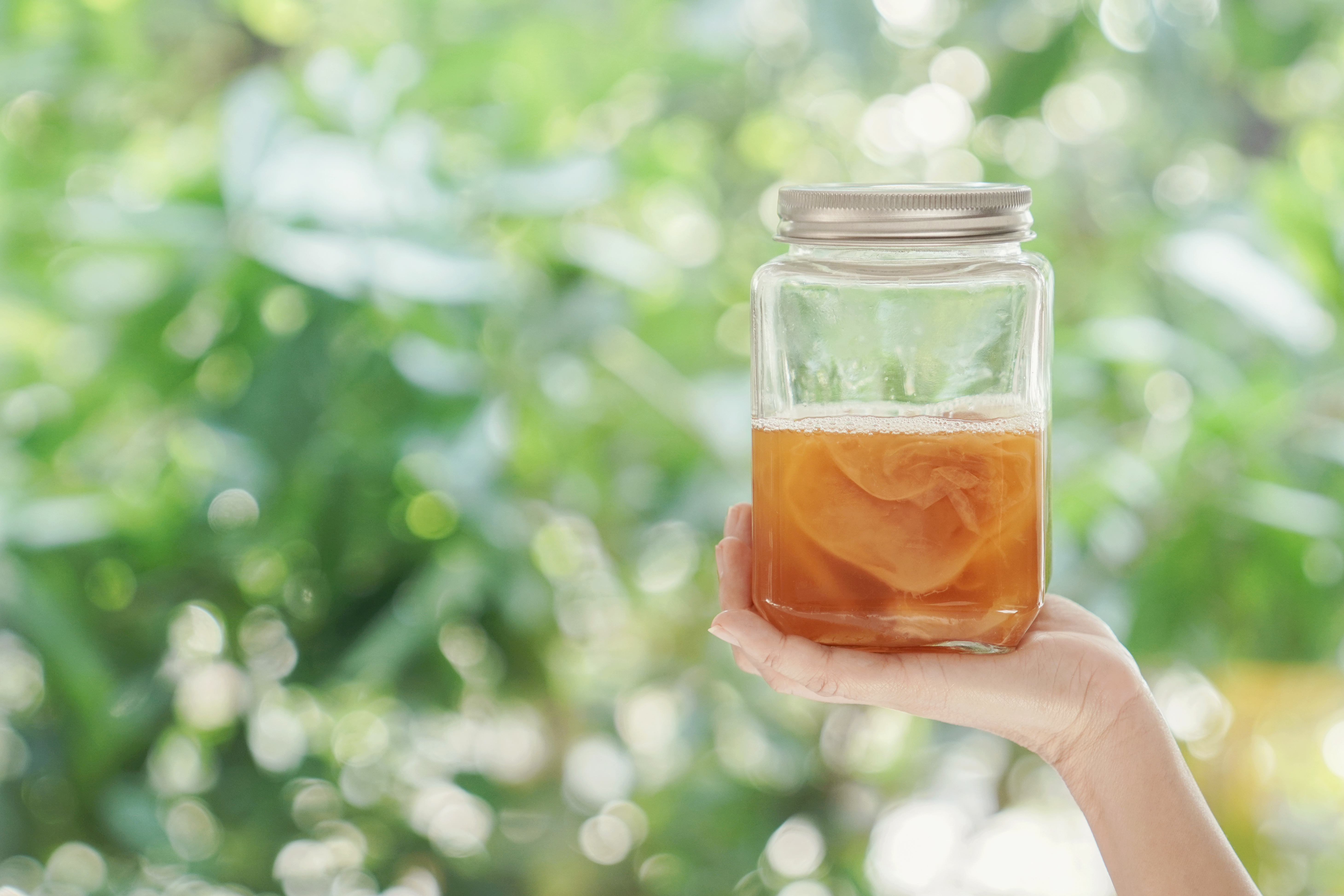
This trendy fermented tea offers probiotics plus the antioxidant benefits derived from its tea base (usually black or green). These components can contribute to gut health and potentially reduced inflammation. However, be mindful! Many commercial kombuchas are loaded with added sugar, which can increase inflammation and negate the benefits. Helpful Tip: Opt for brands with low sugar content (under 5g per serving) or brew your own at home to control sweetness, ensuring this bubbly brew works for your heart health, not against it.
24. Hawthorn Berry Tea: The Traditional Heart Tonic
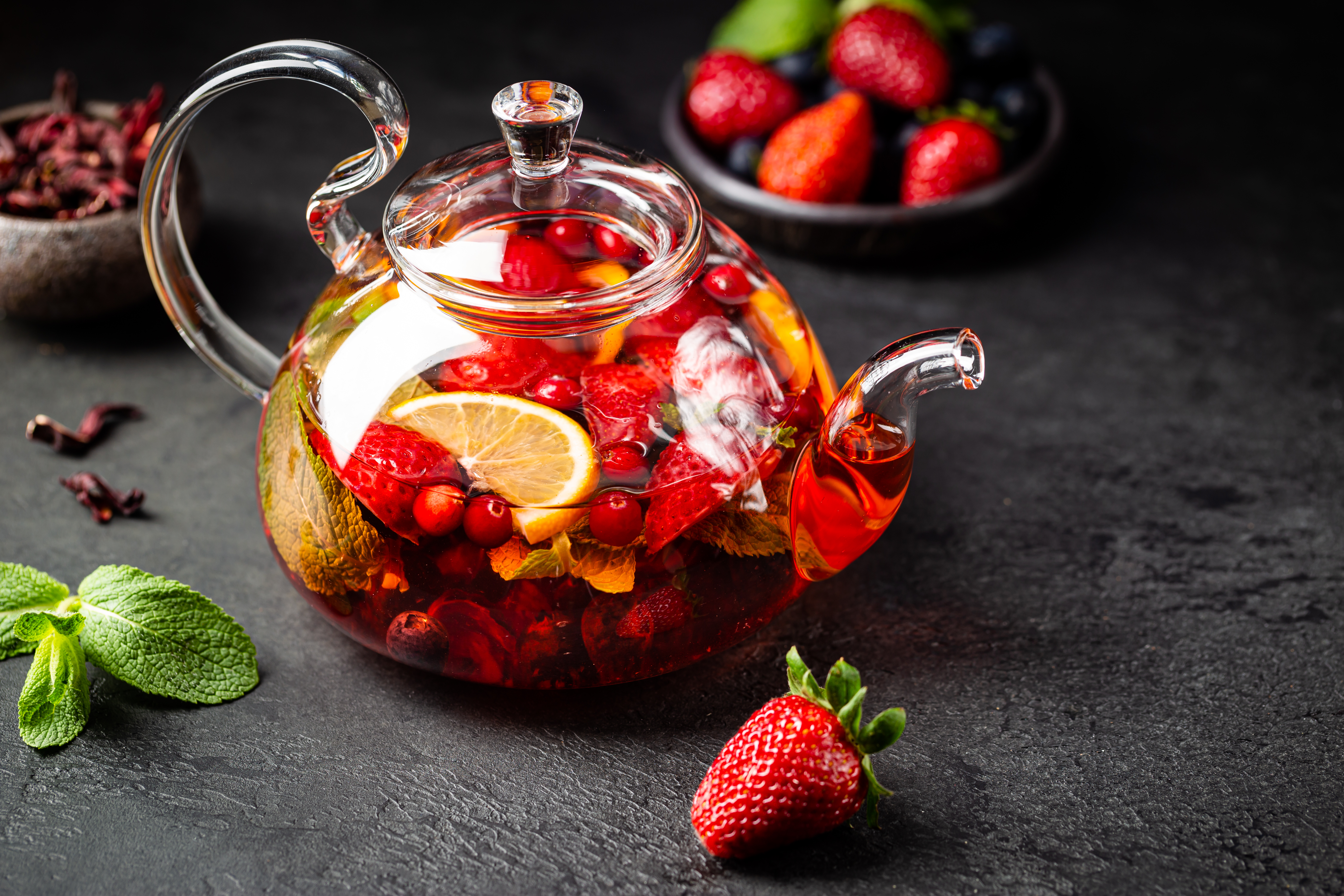
For centuries, hawthorn berries, leaves, and flowers have been used in traditional European herbalism specifically to support heart function. This botanical brew is rich in flavonoids and oligomeric procyanidins (OPCs), potent antioxidants believed to help relax and dilate blood vessels, improve blood flow to the heart, and exert mild anti-inflammatory effects. Enjoying a warm cup of hawthorn tea offers a gentle, time-honored way to nurture your cardiovascular system, steeped in herbal tradition.
25. Olive Leaf Tea: Beyond the Oil's Benefits
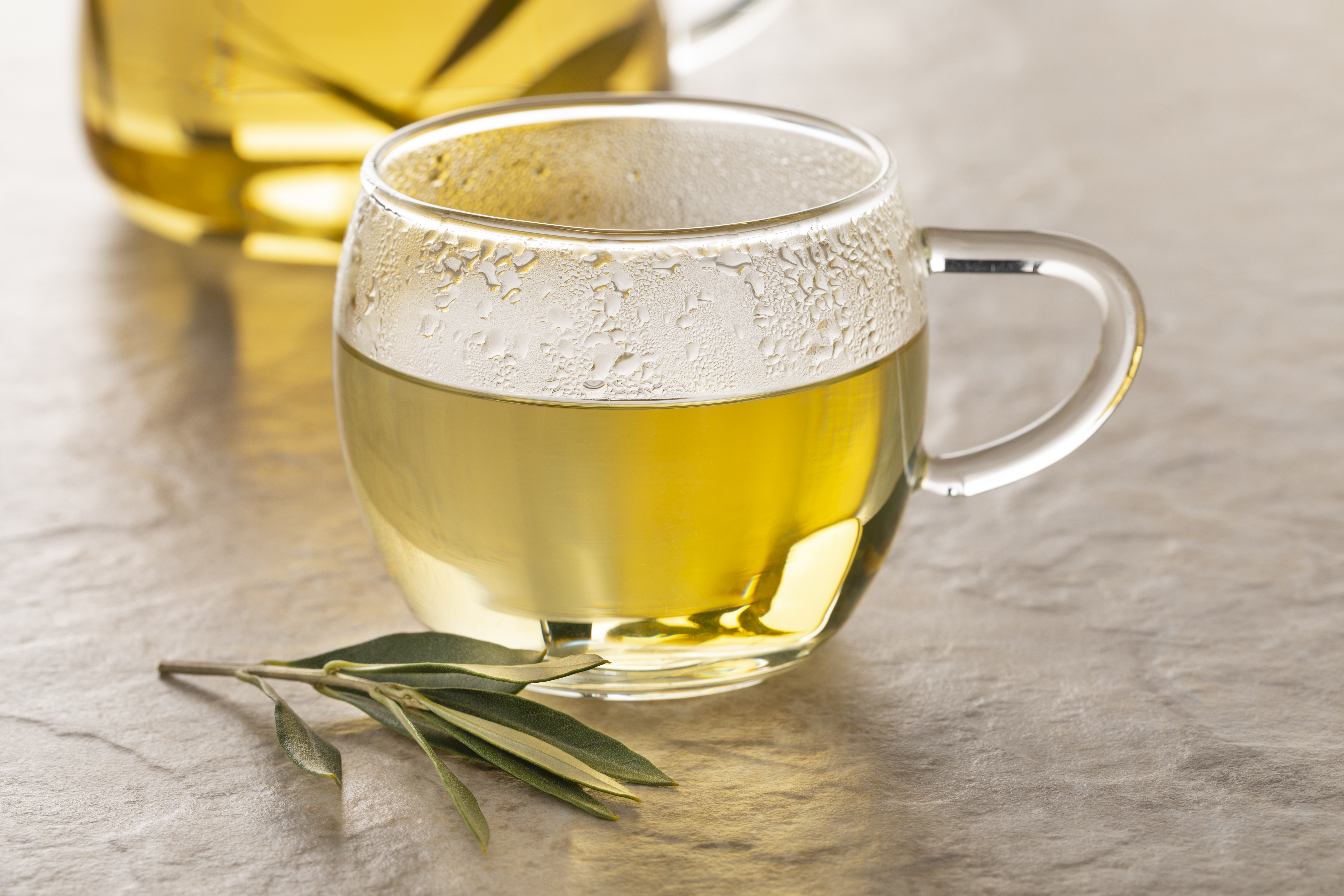
We know olive oil is heart-healthy, but the leaves pack a punch too! Olive leaf tea contains high concentrations of oleuropein and other polyphenols, powerful antioxidants with significant anti-inflammatory activity. Studies suggest these compounds may help lower blood pressure, reduce LDL cholesterol oxidation (a key step in plaque formation), and improve overall vascular health. This slightly bitter, herbaceous tea offers a different way to harness the well-documented cardiovascular benefits of the olive tree.
26. Chaga Mushroom Tea: The Antioxidant-Rich Brew
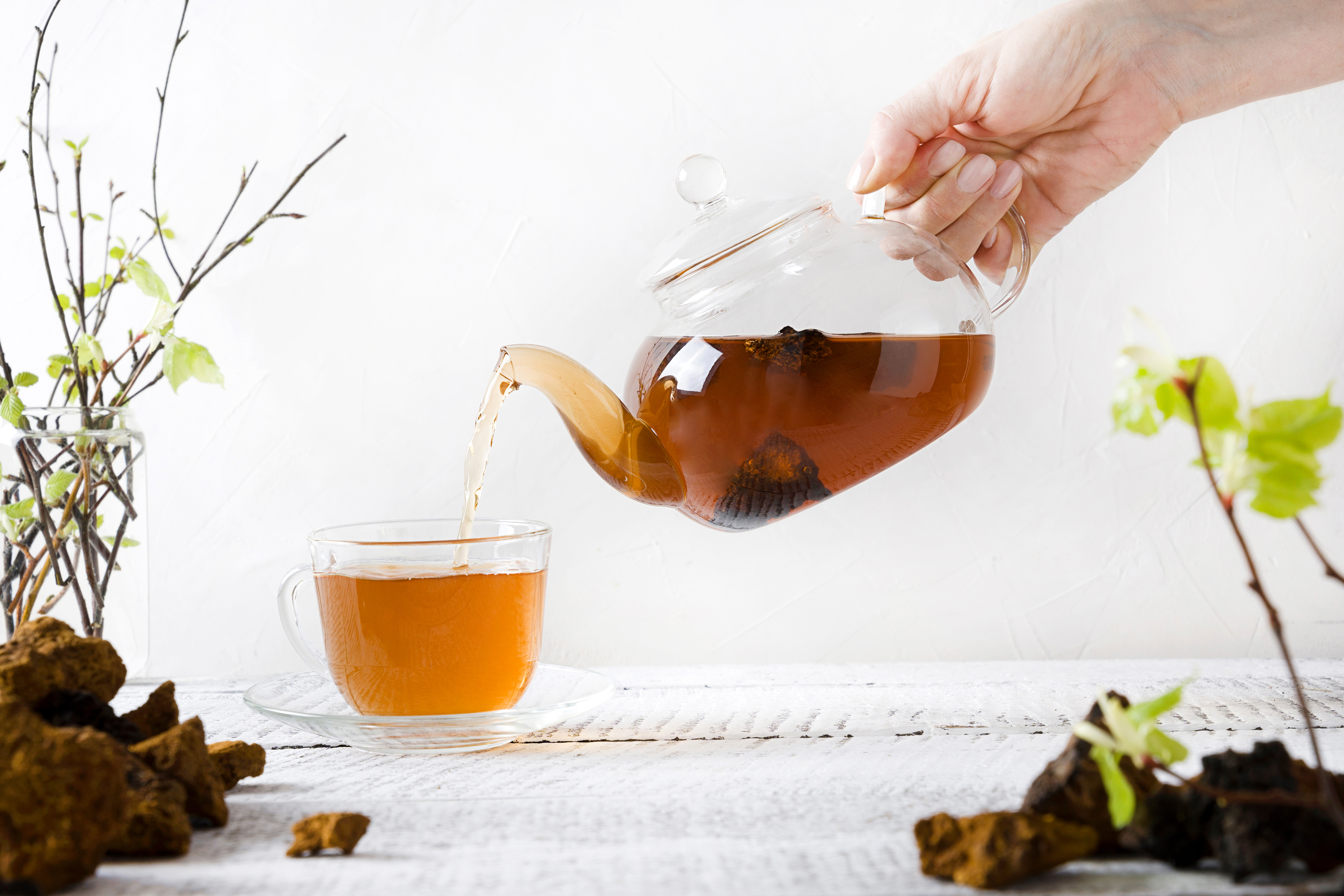
Hailing from cold climates where it grows on birch trees, the Chaga mushroom is revered in folk medicine. Brewed as a tea, it yields an earthy drink exceptionally rich in antioxidants, particularly melanin and superoxide dismutase, which combat damaging oxidative stress linked to inflammation and chronic disease. Chaga also contains polysaccharides like beta-glucans, known for their immune-modulating and potential anti-inflammatory effects. It’s a potent brew for bolstering the body's defenses against cellular stress.
27. Amla (Indian Gooseberry) Juice: Ayurvedic Vitamin C Star
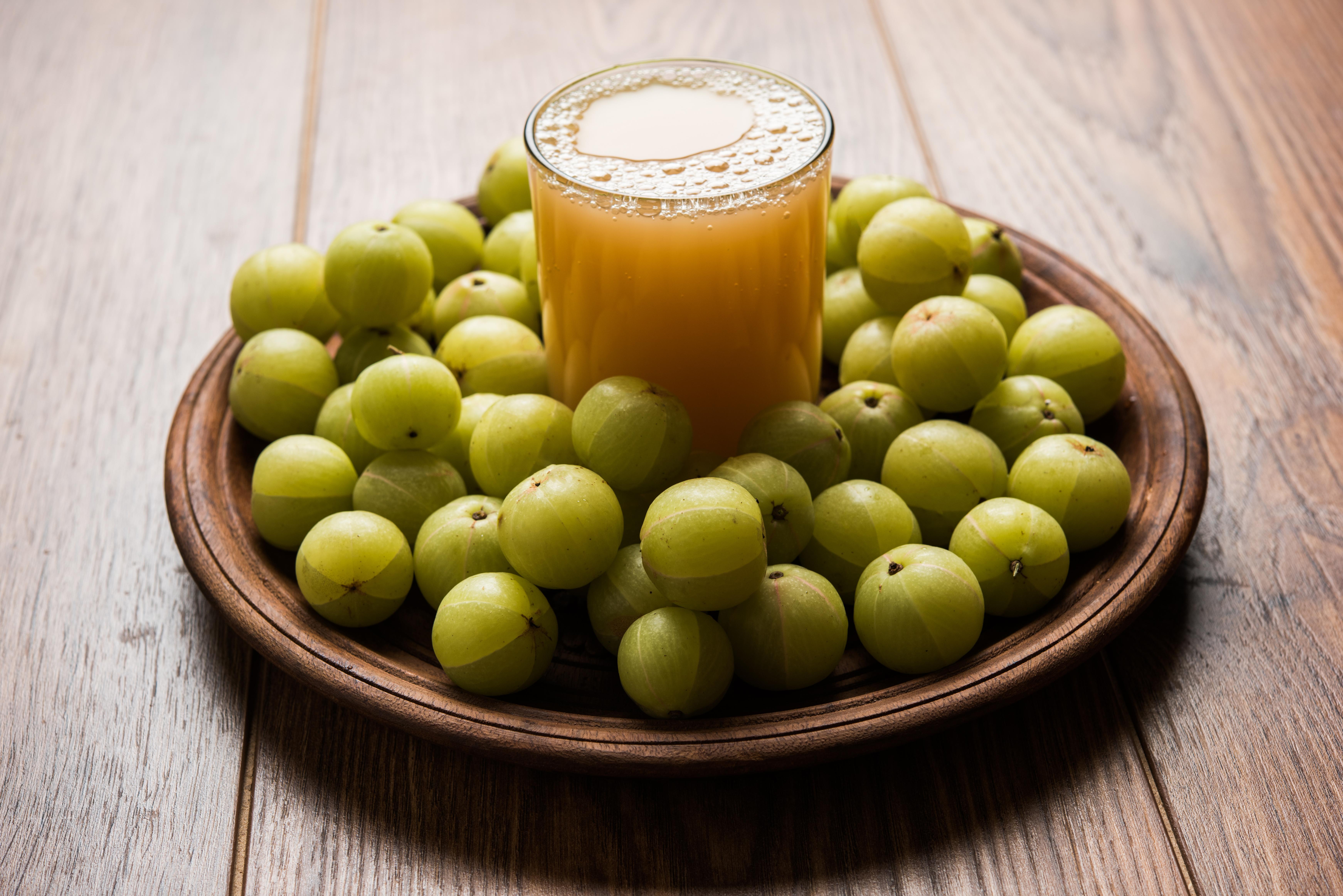
A staple in Ayurvedic tradition, Amla is one of nature's most potent sources of Vitamin C, a crucial antioxidant for protecting blood vessels and reducing inflammation. It's also packed with other polyphenols and tannins that contribute to its powerful antioxidant capacity. Regularly consuming diluted amla juice (its pure form is intensely sour) is believed to support heart health, improve circulation, and manage cholesterol levels. This ancient Indian superfood offers robust protection against oxidative damage.
28. Moringa Tea: The Nutrient-Dense "Miracle Tree" Leaf
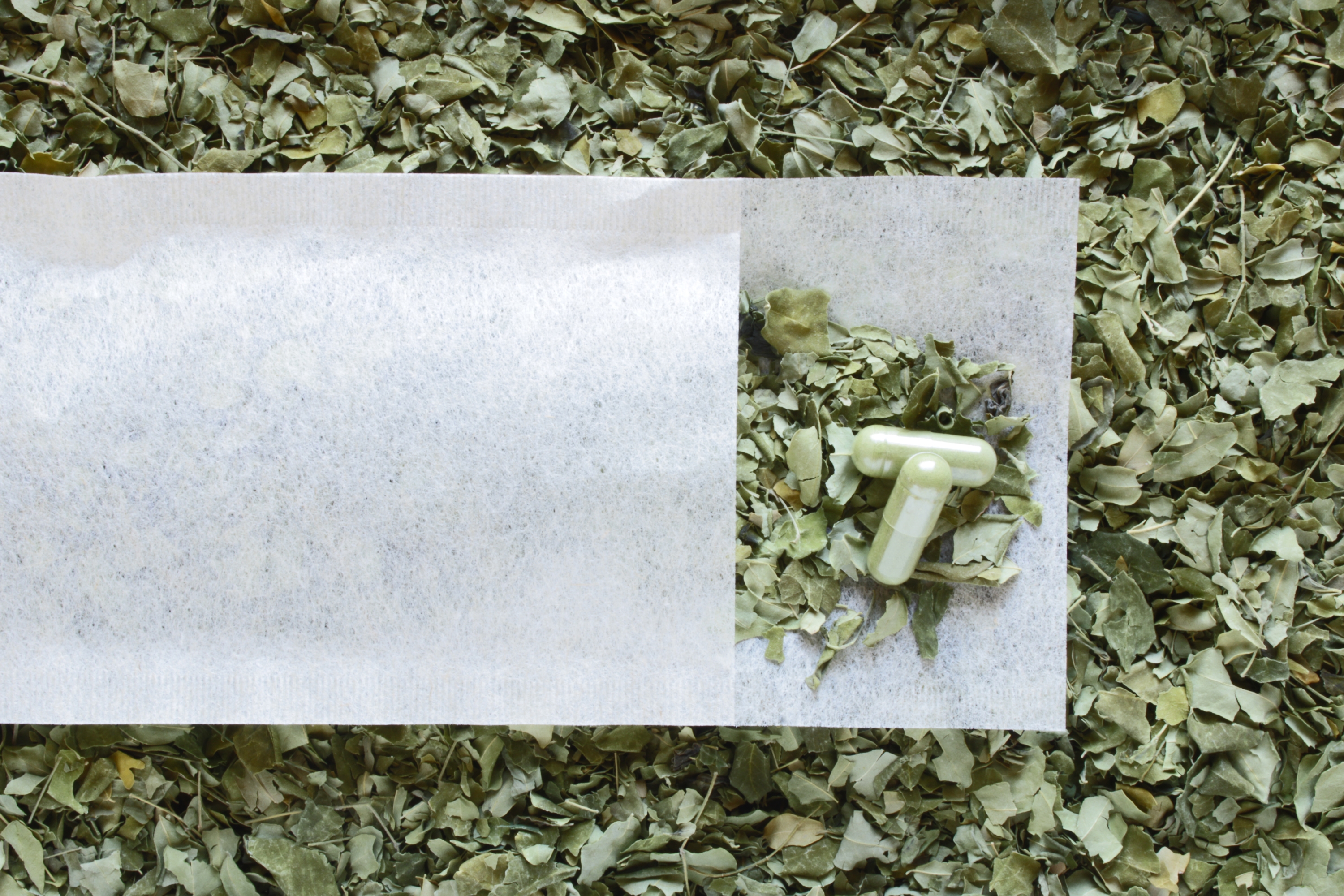
Derived from the leaves of the Moringa Oleifera tree, often called the "Miracle Tree," this tea is a nutritional powerhouse. It contains an impressive array of vitamins, minerals, and potent anti-inflammatory compounds, including isothiocyanates, flavonoids, and phenolic acids. Research suggests moringa may help lower inflammation markers, support healthy blood sugar levels (important for heart health), and provide antioxidant protection. This mildly earthy tea offers a concentrated dose of beneficial plant compounds for overall wellness.
29. Goji Berry Juice or Tea: Antioxidant Super Berry Sip
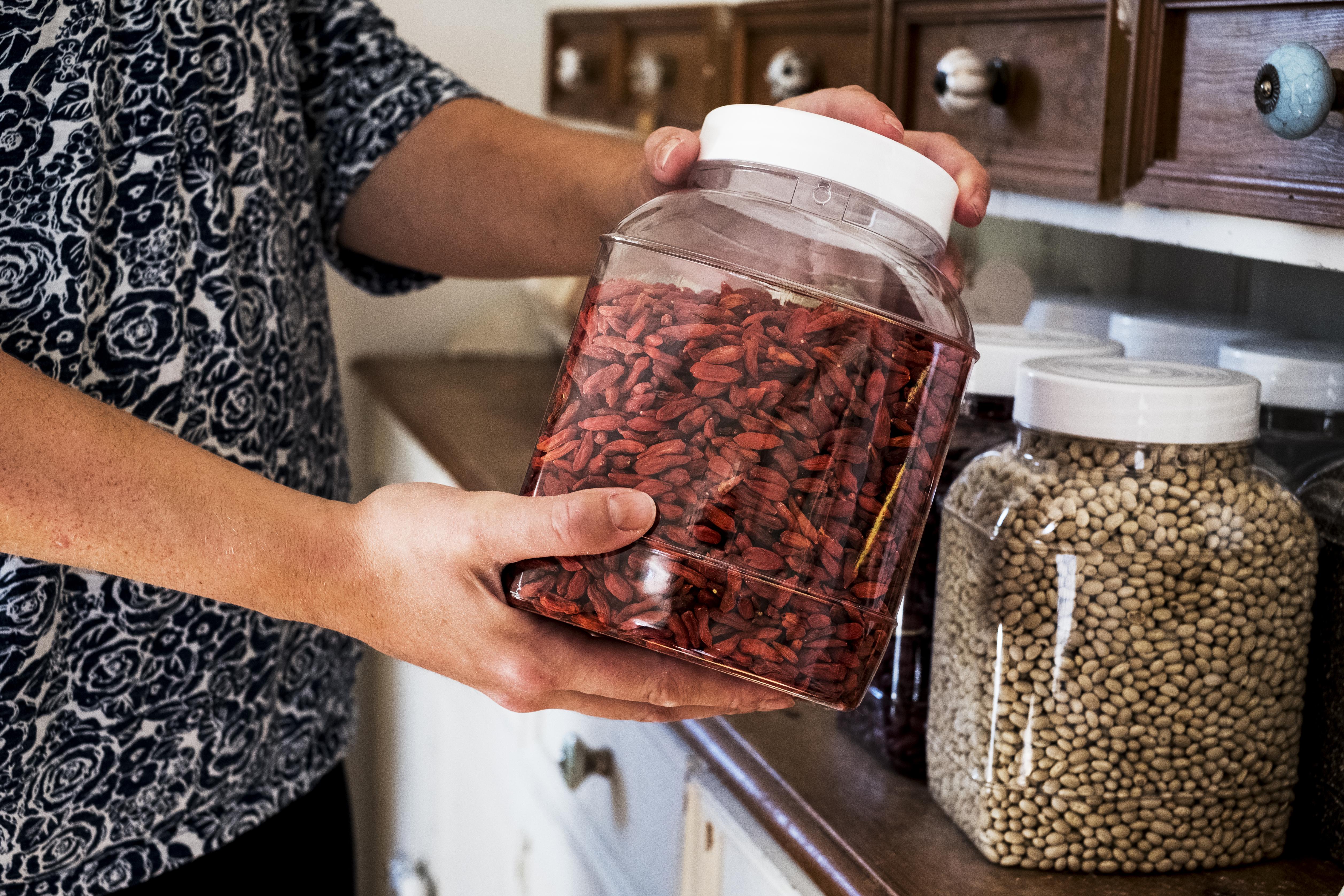
These vibrant red berries, used for centuries in traditional Chinese medicine, are loaded with antioxidants, particularly zeaxanthin (great for eye health) and unique Lycium barbarum polysaccharides (LBPs). LBPs have shown promise in studies for their anti-inflammatory, immune-boosting, and potentially cardio-protective effects by fighting oxidative stress. Enjoying unsweetened goji berry juice or tea made from dried berries provides a sweet-tart dose of these protective compounds, adding another beneficial berry beverage to your anti-inflammatory arsenal.
30. Barley Water or Tea (Mugicha): Soothing Soluble Fiber
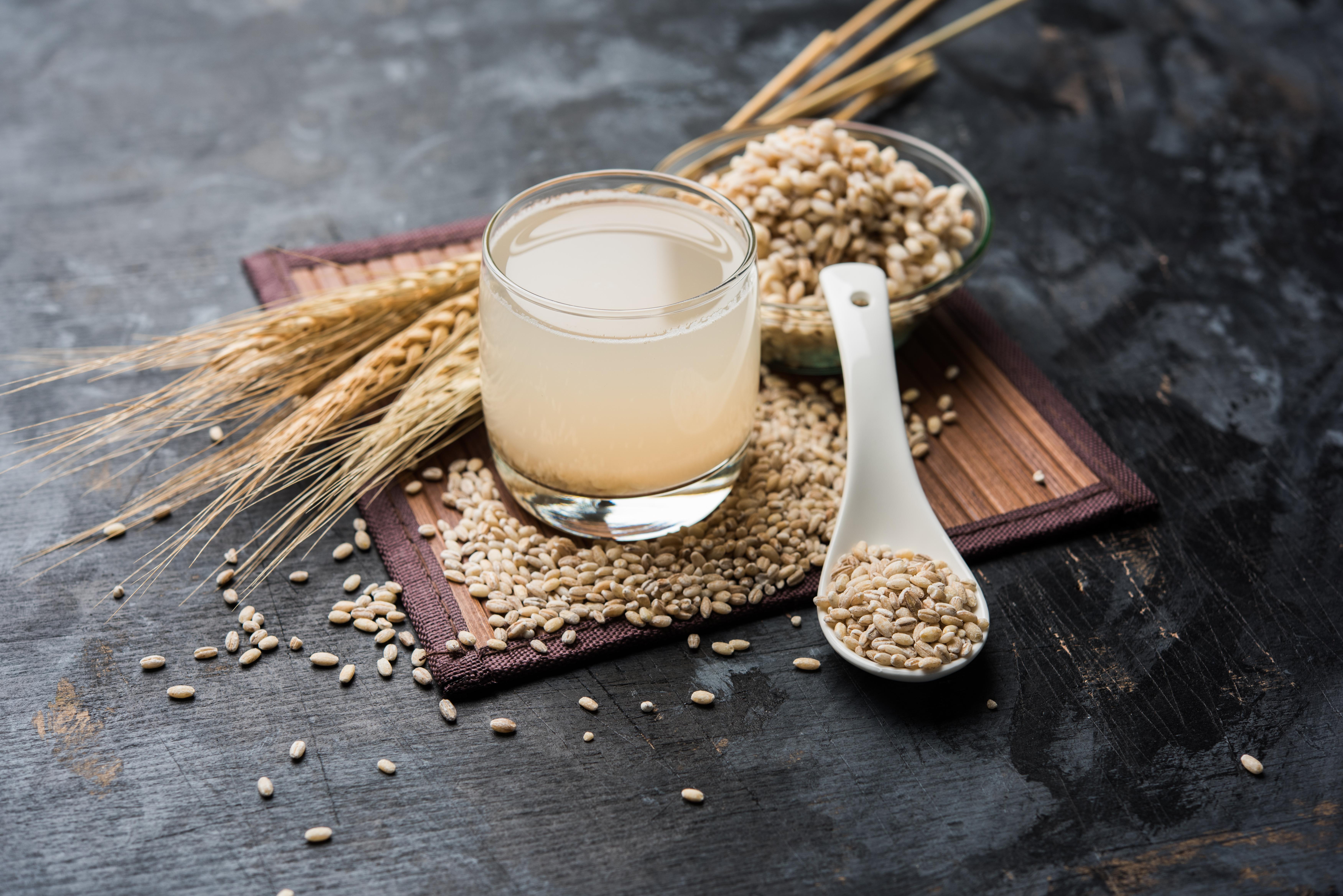
Beyond just eating the grain, barley water (water infused with toasted or boiled barley) or Japanese roasted barley tea ('Mugicha') offers subtle benefits. Barley contains beta-glucans, the same soluble fiber found in oats known for helping lower cholesterol. It also provides minerals and antioxidants. While the concentration is lower than in whole barley, sipping this traditional, nutty-tasting, caffeine-free beverage (often served cold in summer in Japan) can contribute to hydration and provide a gentle dose of heart-healthy fiber and compounds.
31. Nettle Tea: The Mineral-Rich Herbal Infusion
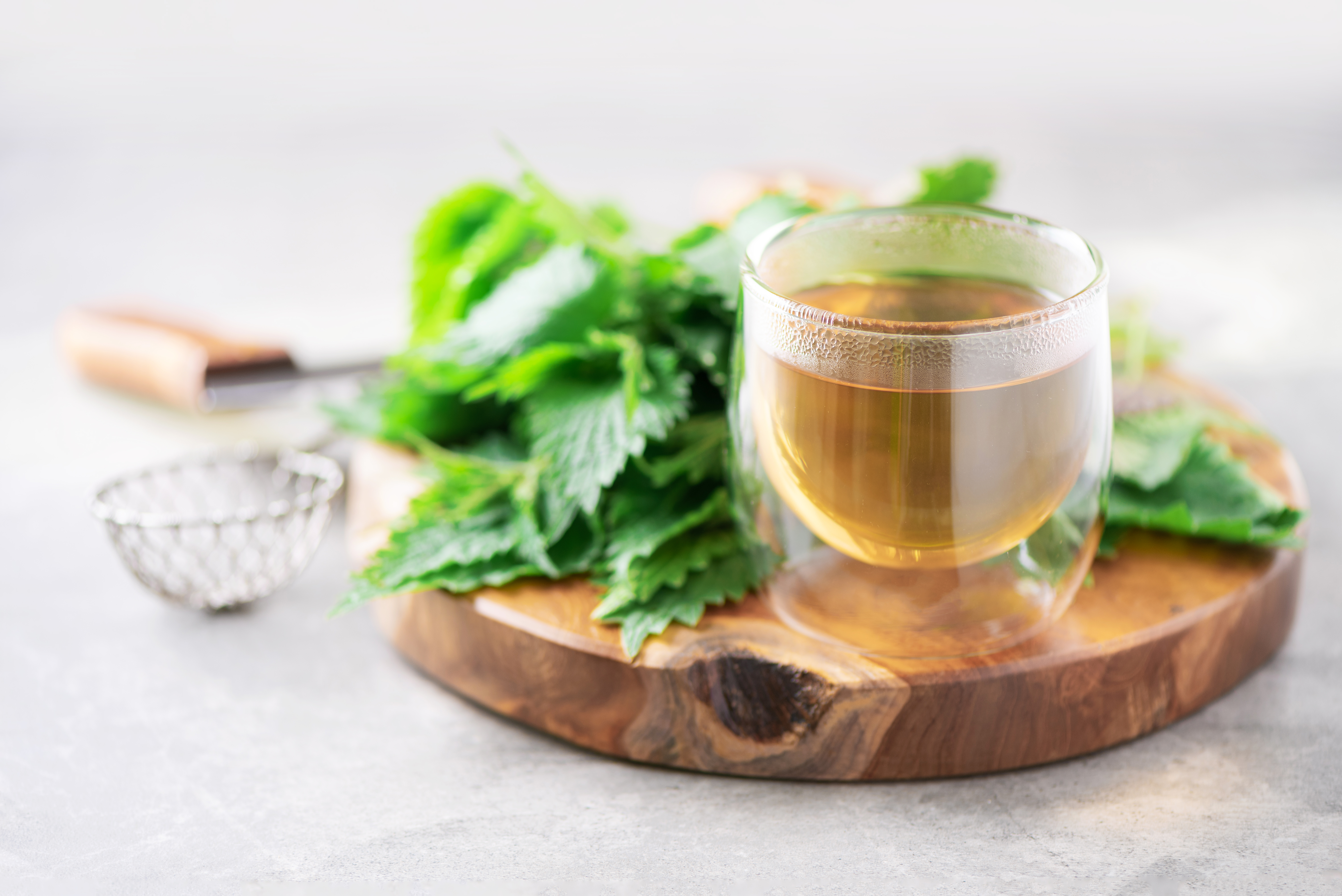
Often considered a weed, stinging nettle leaves yield a surprisingly beneficial herbal tea when dried. Nettle tea is rich in minerals like iron and calcium, plus vitamins and compounds like quercetin, known for its anti-inflammatory and antihistamine properties. It's traditionally used as a natural diuretic, which may help with mild fluid retention and support healthy blood pressure. Its nutrient density and potential anti-inflammatory action make nettle tea a simple, earthy brew for supporting overall systemic health, including cardiovascular wellness.
32. Red Wine (Strict Moderation): The Resveratrol Sip

Yes, enjoyed responsibly, red wine can offer heart benefits. Its power lies in polyphenols like resveratrol, a potent antioxidant concentrated in grape skins. Resveratrol helps combat inflammation, improve blood vessel function, and may protect against LDL cholesterol damage. The key is strict moderation: typically defined as up to one 5-ounce glass per day for women and up to two for men. Exceeding this limit negates benefits and increases health risks. Choose drier red wines like Pinot Noir for potentially higher resveratrol content.
33. White Tea: The Delicate Defender

Harvested from young tea buds and leaves, white tea undergoes minimal processing, potentially preserving a higher concentration of certain antioxidants, particularly catechins, compared to more processed teas. Like its green cousin, it offers anti-inflammatory benefits that support cardiovascular health by protecting cells from damage and improving artery function. Its delicate, subtly sweet flavour makes it a gentle alternative for those who find green tea too strong, offering a soothing way to sip heart-protective compounds throughout the day.
34. Yerba Maté: The South American Energizer
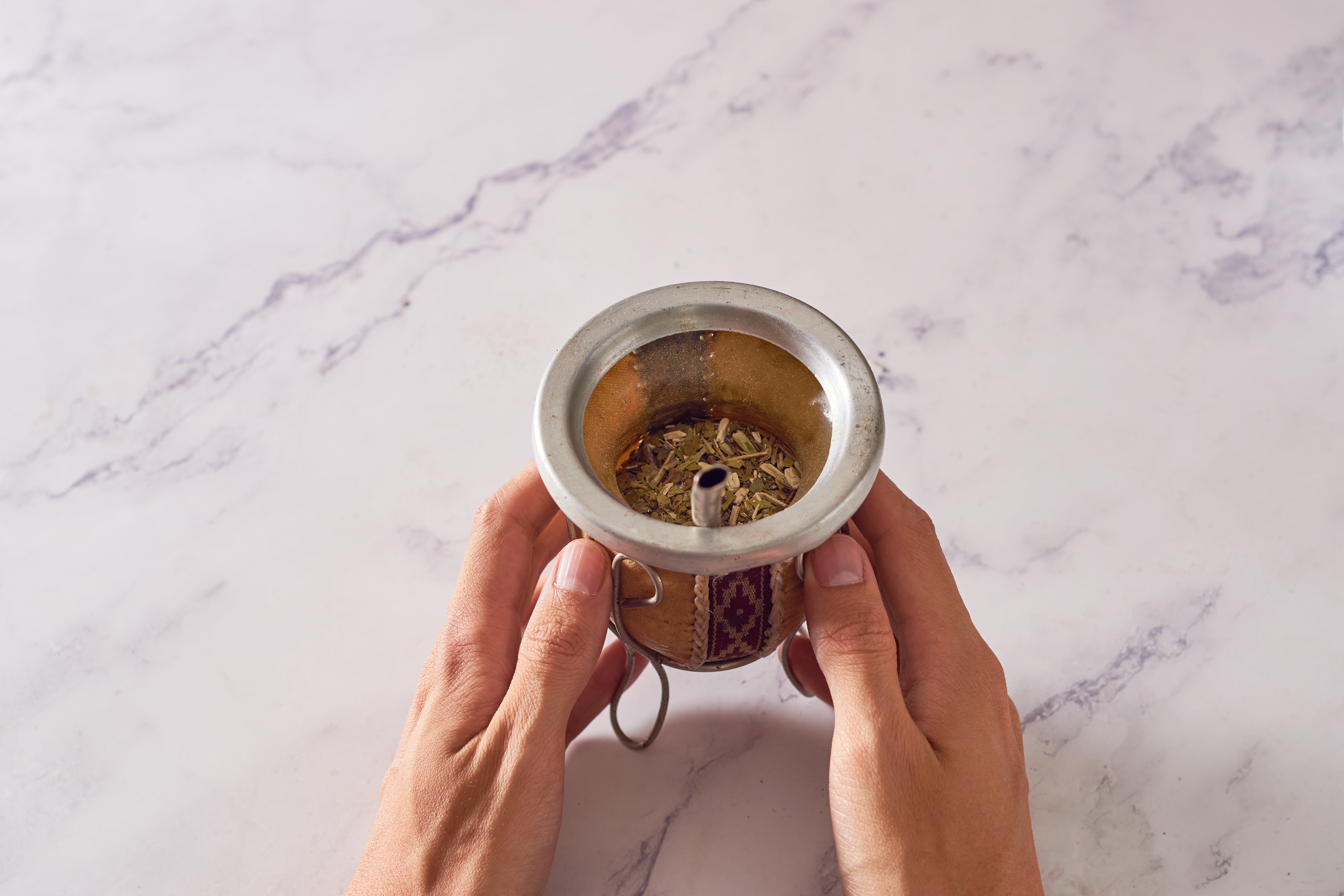
This traditional South American brew, made from the leaves of the holly tree Ilex paraguariensis, offers more than just caffeine. Yerba maté is rich in polyphenols like chlorogenic acids (also found in coffee) and unique saponins, contributing to its strong antioxidant and anti-inflammatory potential. Some studies suggest it may help lower cholesterol levels and support overall metabolic health. Its earthy, slightly bitter taste provides a distinct alternative energy boost while delivering heart-protective compounds favoured for centuries.
35. Sea Buckthorn Juice: The Omega & Antioxidant Powerhouse
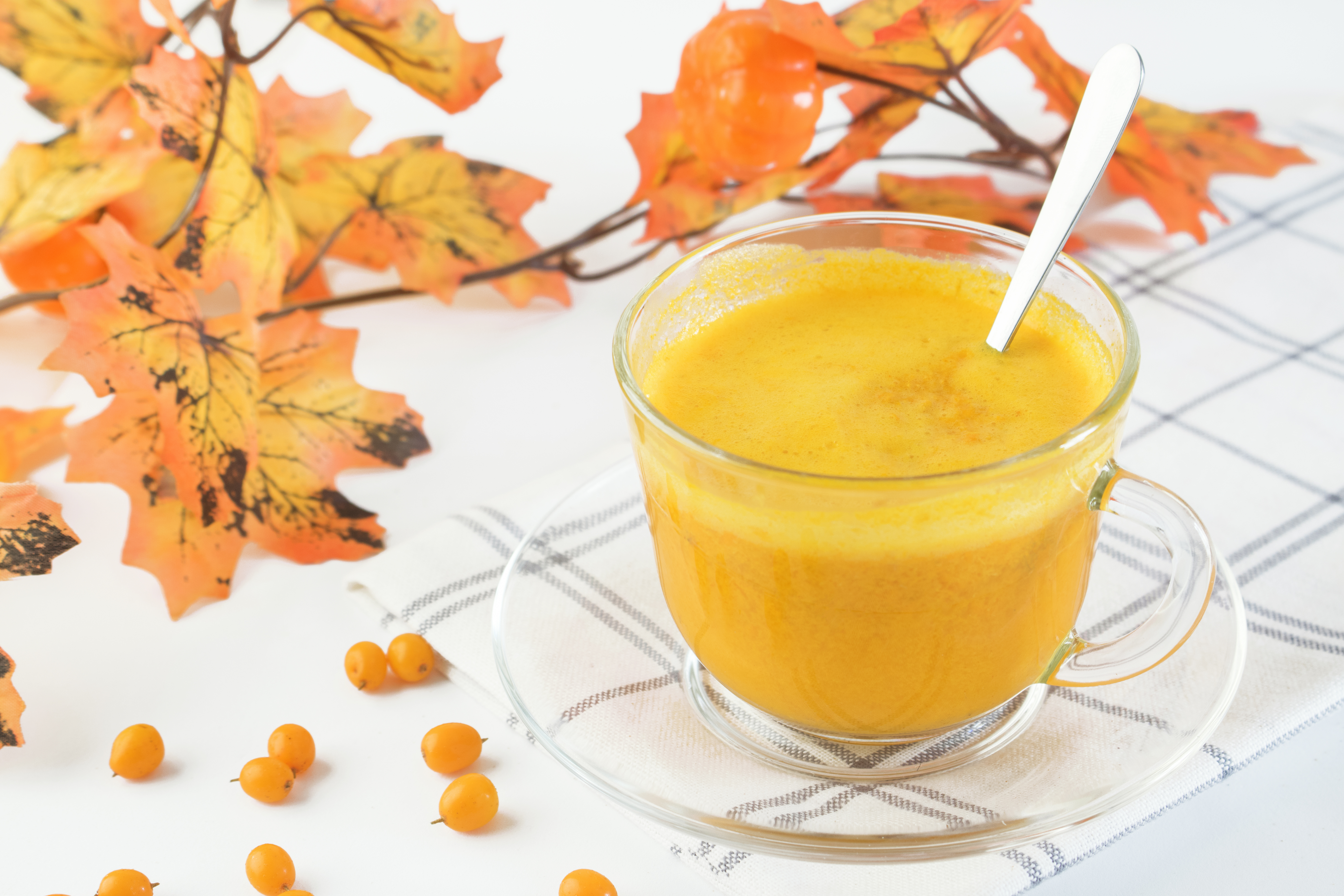
These vibrant orange berries yield a tart juice unlike any other, packed with an astonishing array of nutrients. Sea buckthorn is exceptionally rich in Vitamin C, Vitamin E, carotenoids, and uniquely, Omega-7 fatty acids, alongside other omegas. This potent combination provides powerful antioxidant protection and significant anti-inflammatory activity, potentially benefiting cholesterol levels, blood vessel health, and reducing systemic inflammation. Often diluted or blended due to intensity, it’s a nutritional superstar for cardiovascular wellness.
36. Dandelion Root Tea: The Traditional Detoxifier
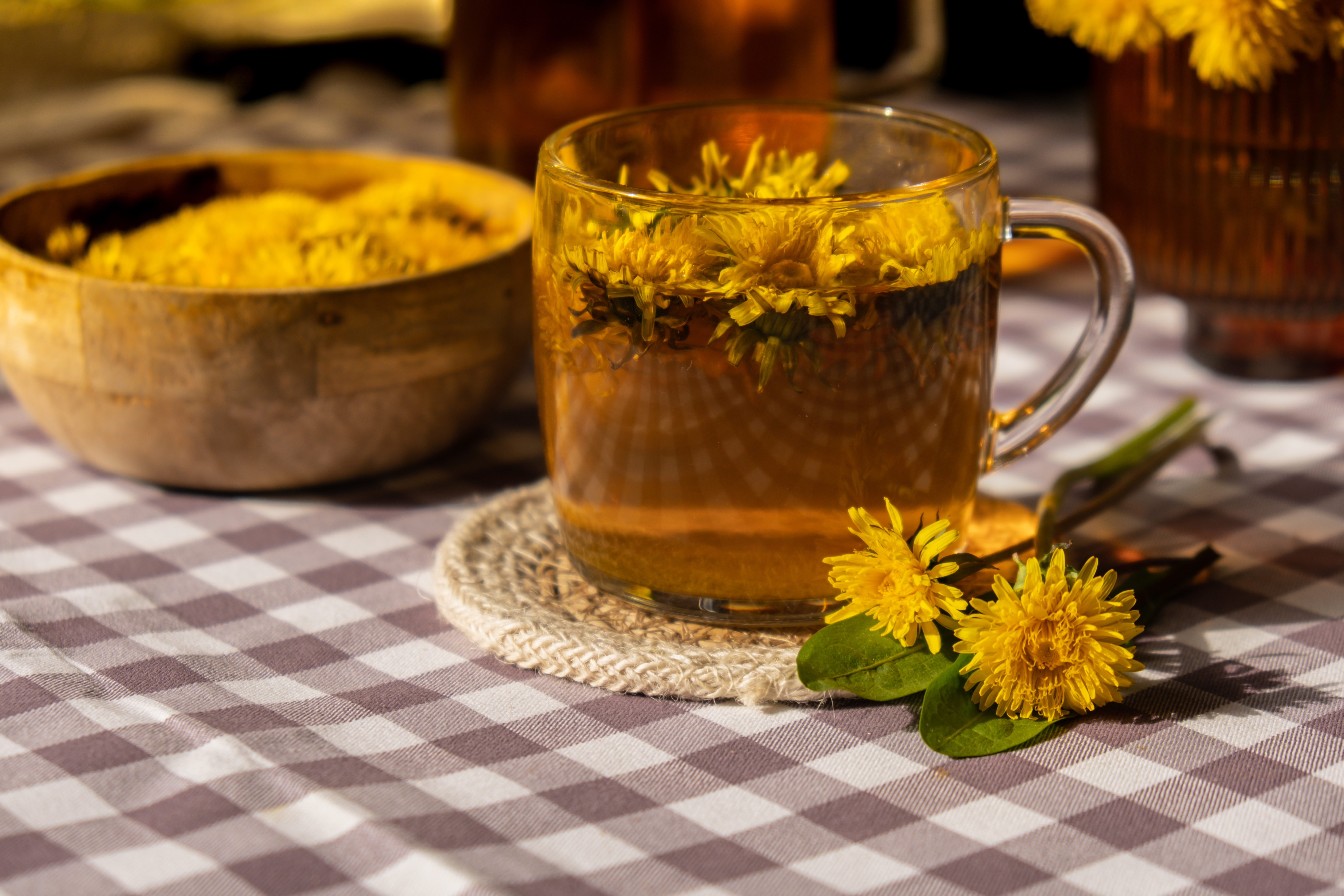
Often dismissed as a weed, dandelion root has a long history in traditional medicine as a liver tonic and diuretic. Brewed into an earthy tea, it contains antioxidants and compounds like sesquiterpene lactones that exhibit anti-inflammatory properties. Its potential diuretic effect may gently support healthy blood pressure, while its traditional role in liver health indirectly aids cardiovascular wellness by supporting the body's natural detoxification pathways. It offers a unique, grounding brew with potential systemic benefits.
37. Schisandra Berry Tea: The Five-Flavor Adaptogen
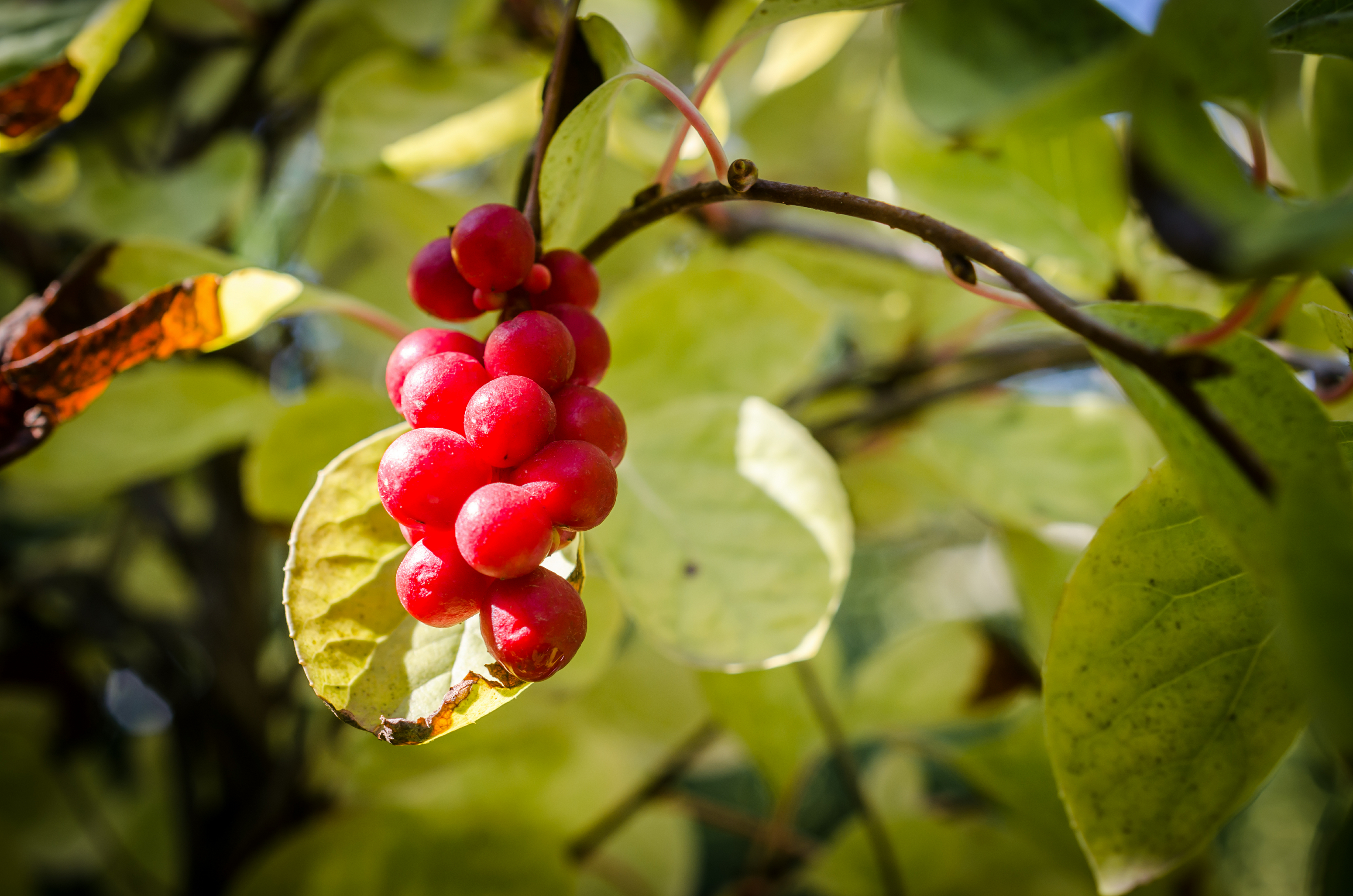
This unique berry, central to Traditional Chinese Medicine, boasts all five flavors (sweet, sour, salty, bitter, pungent) and is revered as an adaptogen – helping the body cope with stress. Schisandra is rich in lignans and other antioxidants that combat inflammation and oxidative stress, crucial for heart health. By supporting stress resilience and liver function, it indirectly benefits the cardiovascular system. Its complex flavor makes a fascinating tea, offering a holistic approach to well-being that includes heart protection.
38. Pu-erh Tea: The Aged & Fermented Brew
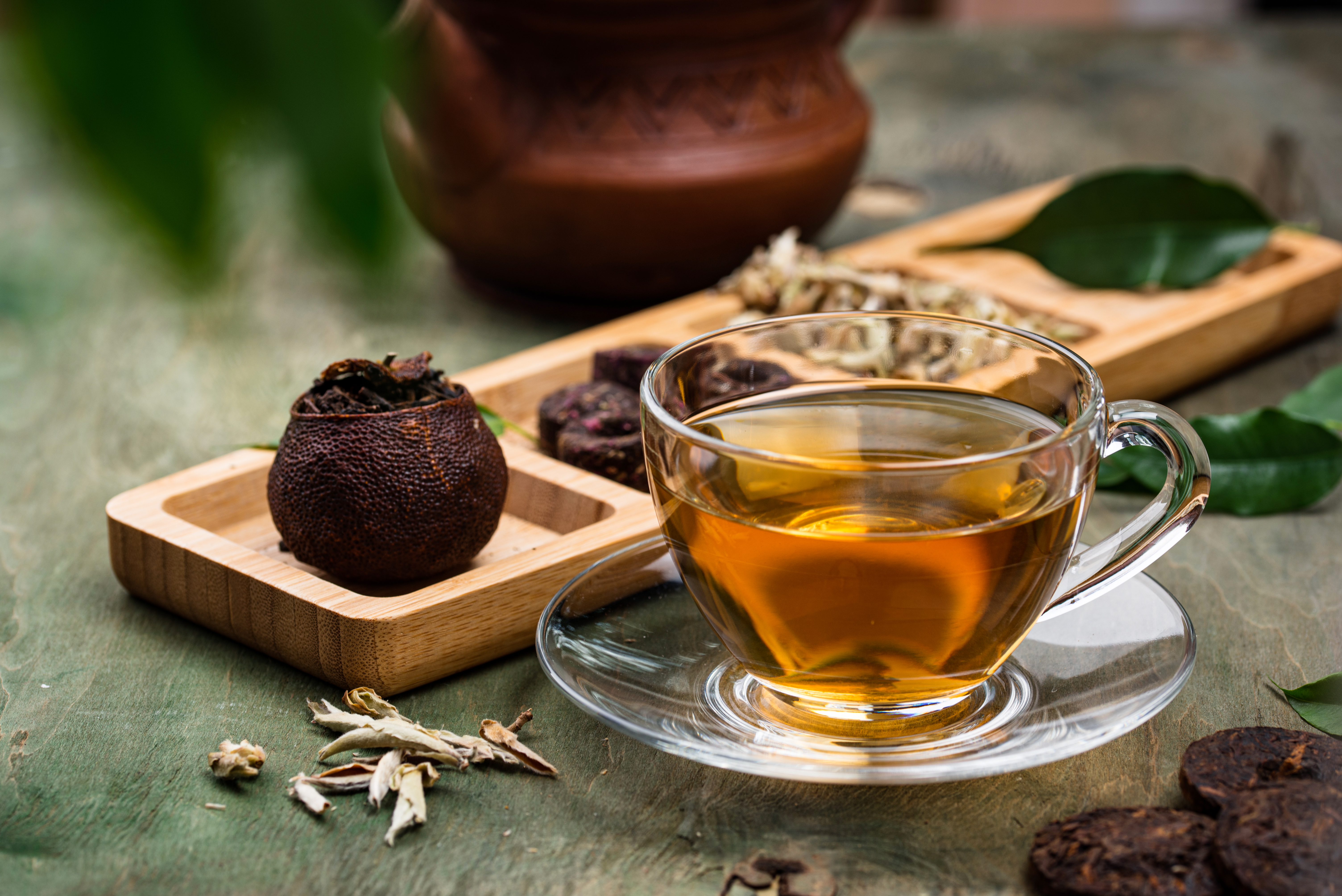
Distinct from other teas, Pu-erh undergoes a unique post-fermentation and aging process, developing a deep, earthy flavor profile. This process may also create unique compounds. Some studies, particularly in animal models and preliminary human trials, suggest Pu-erh may be especially effective in managing cholesterol levels, aiding fat metabolism, and reducing certain inflammation markers, potentially offering benefits beyond standard tea polyphenols. It’s a complex, intriguing brew for the adventurous tea drinker seeking heart-metabolic support.
39. Tomato Juice (Unsalted): The Lycopene Leader
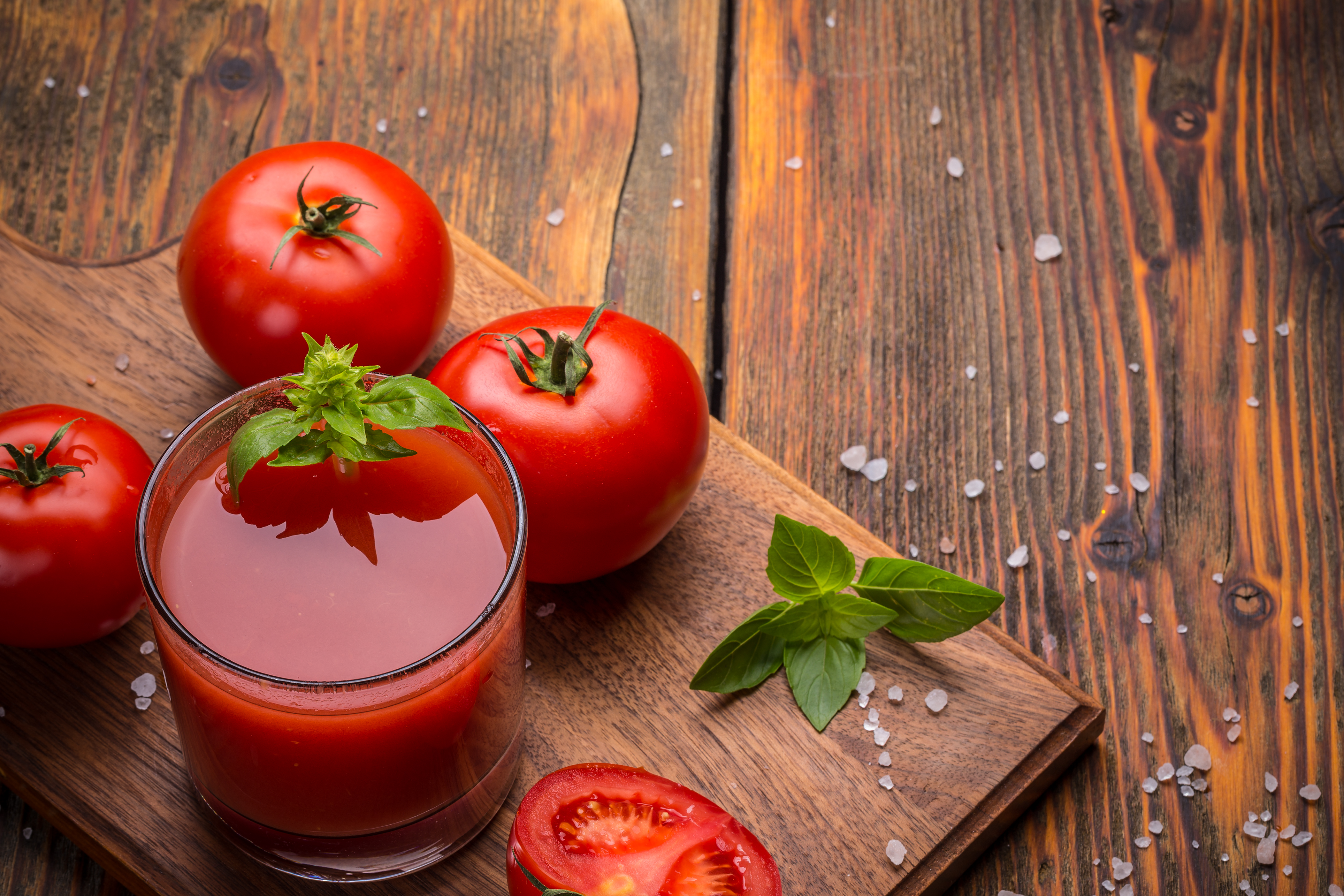
Beyond ketchup, pure tomato juice (choose low-sodium versions!) is a cardiovascular champion thanks to its high concentration of lycopene. This powerful antioxidant carotenoid gives tomatoes their red color and is strongly linked to reduced risk of heart disease, lower LDL cholesterol oxidation, and decreased inflammation. Tomato juice also provides potassium, vital for healthy blood pressure regulation. Enjoying a glass offers a simple, savory way to boost intake of one of nature’s most effective heart protectors.
40. Golden Berry (Physalis) Infusion: The Tangy Anti-Inflammatory
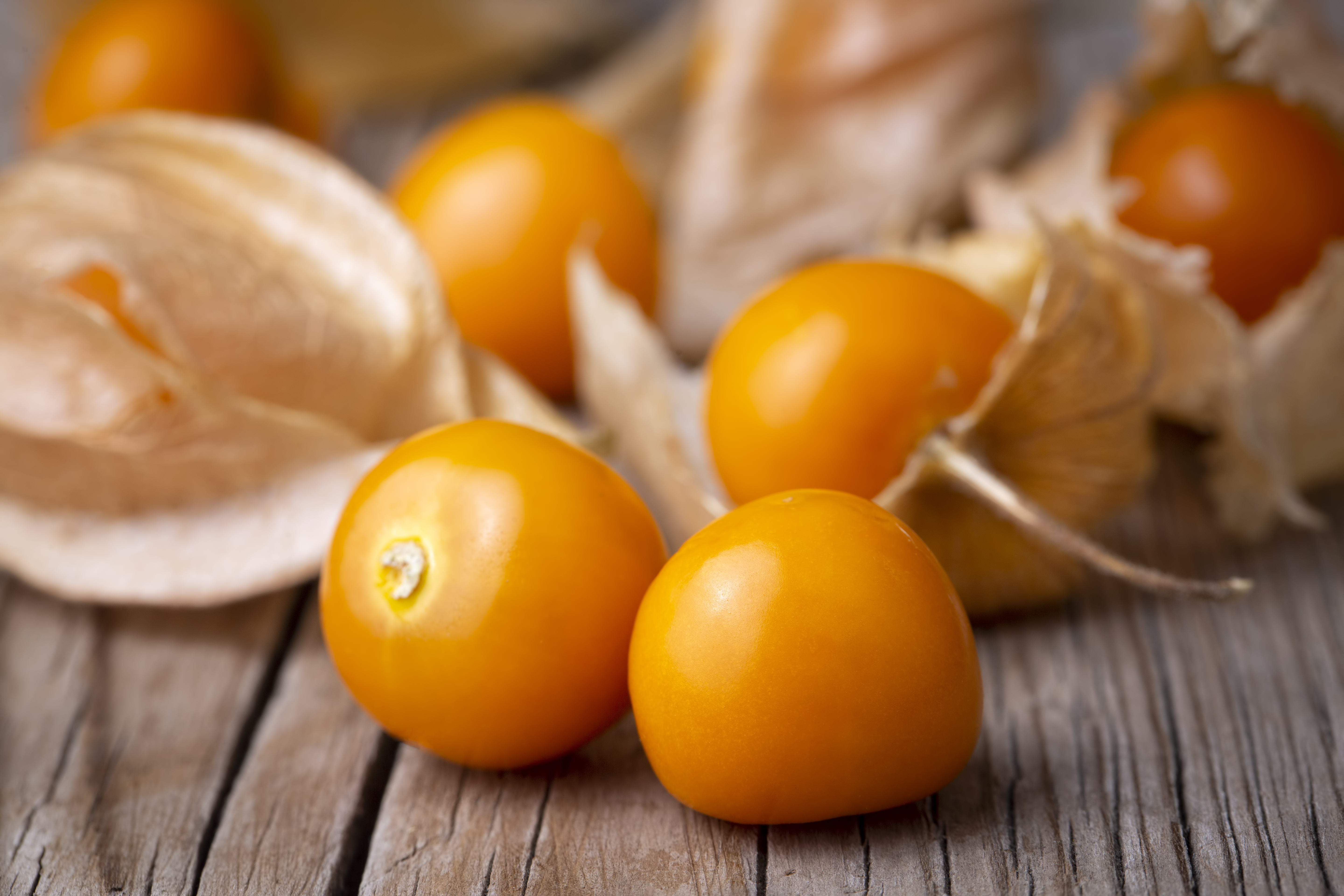
These small, tangy berries encased in a papery husk are nutritional dynamos. Golden berries are rich in Vitamin C and carotenoids, but also contain unique compounds called withanolides, which possess notable anti-inflammatory properties currently under research for various health benefits. Infusing dried golden berries into hot water creates a pleasant, tart tea, or using the juice adds a unique flavour to drinks. This less common berry offers a novel way to incorporate potent plant-based anti-inflammatory agents into your diet.
41. Bilberry Tea or Extract: The Circulation Specialist
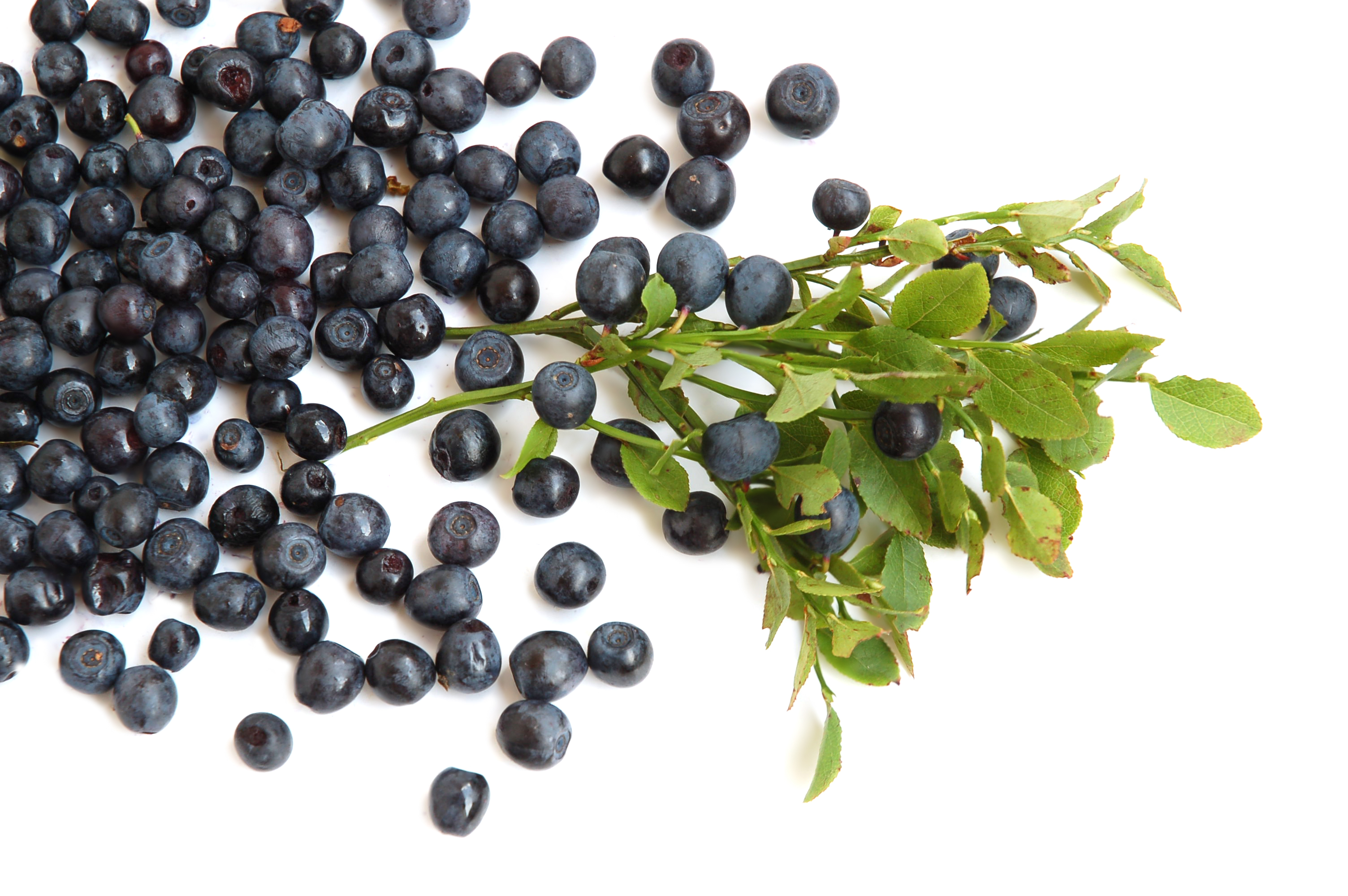
A close European relative of the blueberry, bilberries are famed for their exceptionally high concentration of anthocyanins – the dark pigments responsible for potent antioxidant and anti-inflammatory effects. Traditionally used to support vision and healthy circulation, these compounds help strengthen blood vessel walls, improve capillary function, and reduce oxidative stress, all crucial for cardiovascular health. Enjoying bilberry tea or using a standardized extract offers a concentrated dose of these circulation-boosting, heart-protective flavonoids.
42. Chicory Root "Coffee": The Prebiotic Brew
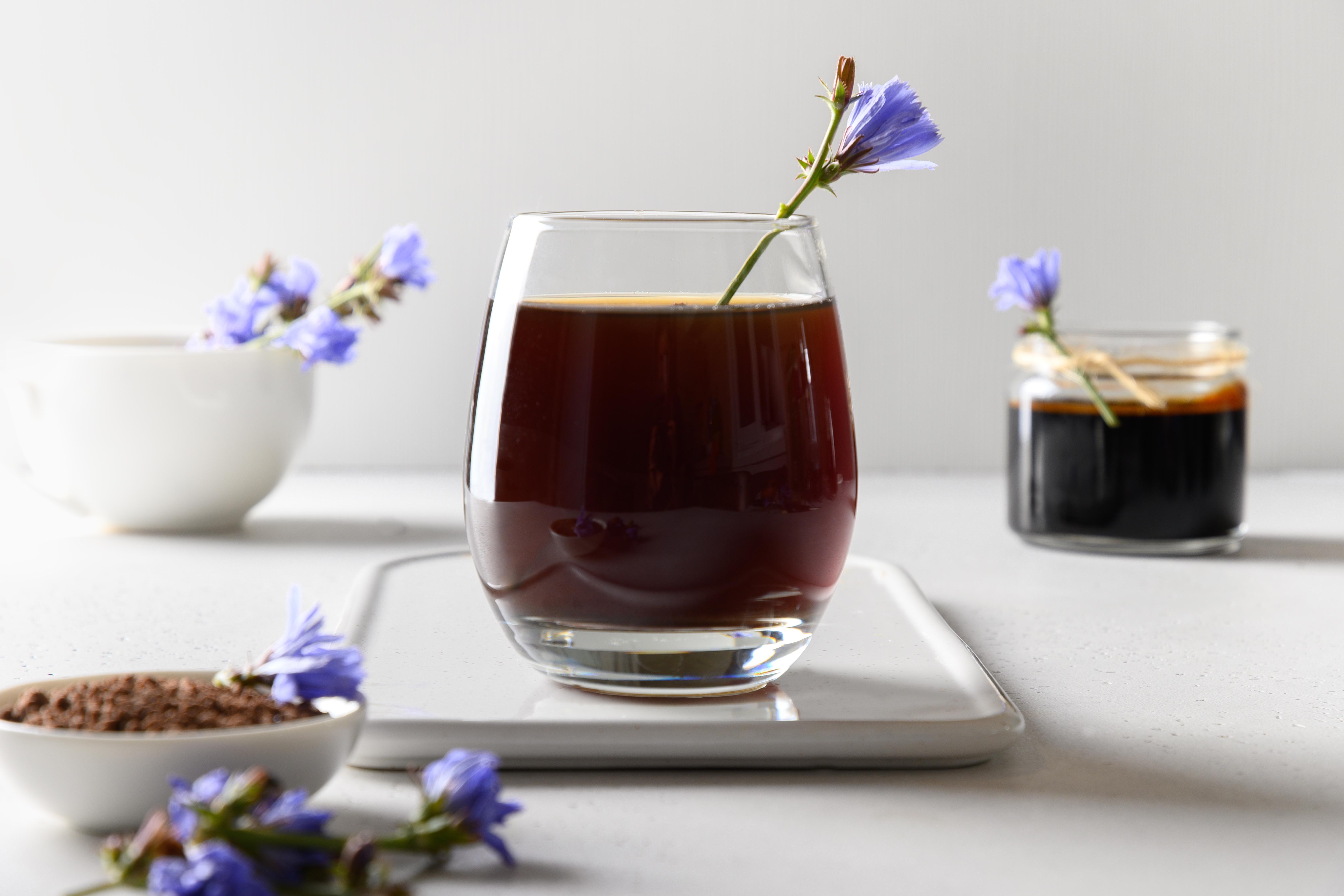
For a caffeine-free alternative with benefits, try chicory root "coffee." Roasted chicory root offers a rich, coffee-like flavor and is packed with inulin, a prebiotic fiber. Inulin nourishes beneficial gut bacteria, and a healthy gut microbiome is increasingly linked to reduced systemic inflammation, a key factor in heart health. By supporting your gut, this traditional brew indirectly contributes to a calmer inflammatory response throughout your body, making it a clever, comforting choice for your daily routine.
43. Holy Basil (Tulsi) Tea: The Adaptogenic Soother
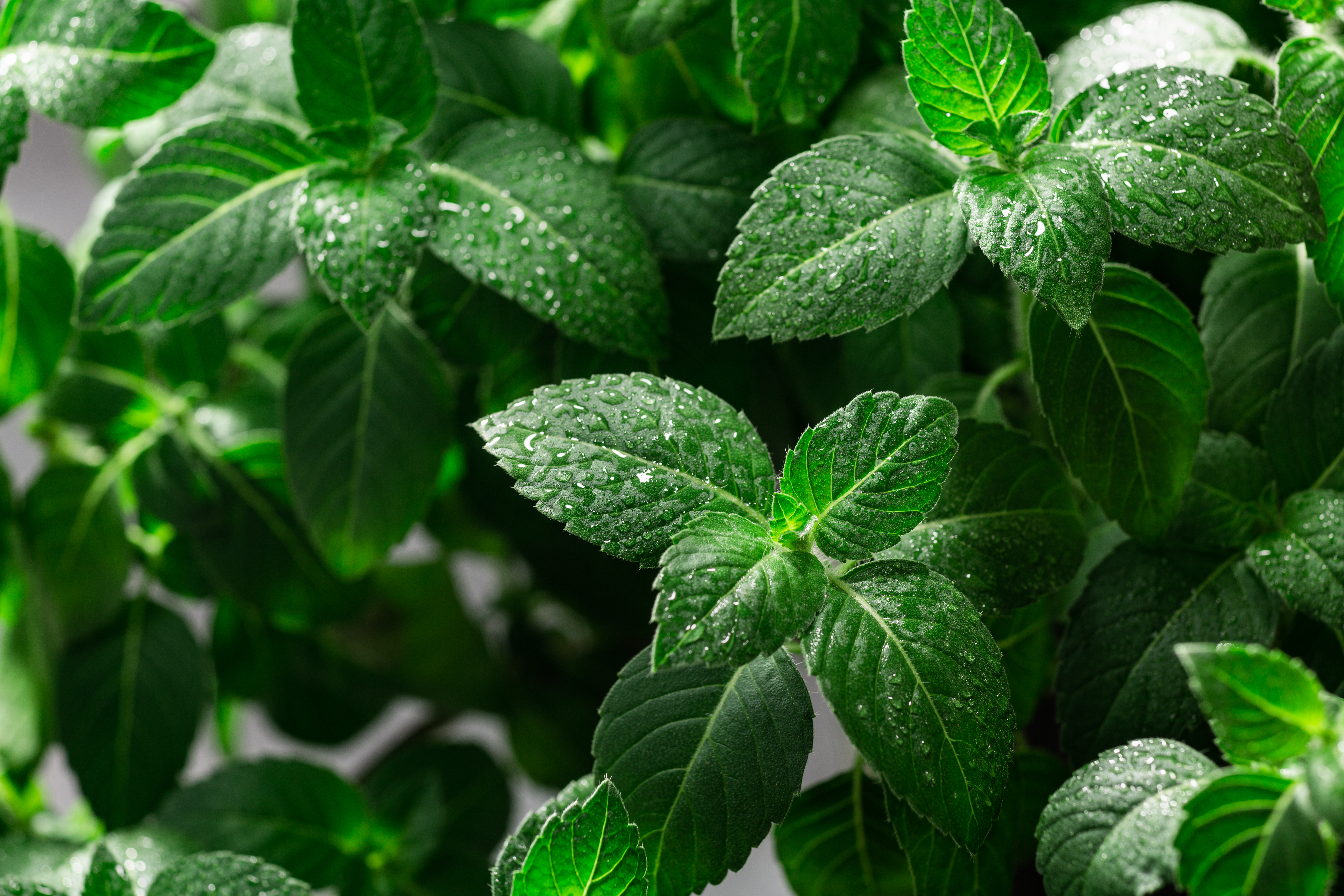
Revered in Ayurvedic medicine, Holy Basil, or Tulsi, is a powerful adaptogenic herb that helps your body manage stress – a known contributor to heart issues. Brewed as a fragrant tea, Tulsi exhibits significant anti-inflammatory properties due to compounds like eugenol and ursolic acid. It also provides antioxidants that protect cardiovascular cells. Sipping Tulsi tea can help calm your nervous system, reduce stress-induced inflammation, and offer a holistic approach to heart protection, making it a sacred sip for well-being.
44. Celery Juice: The Phytonutrient Hydrator
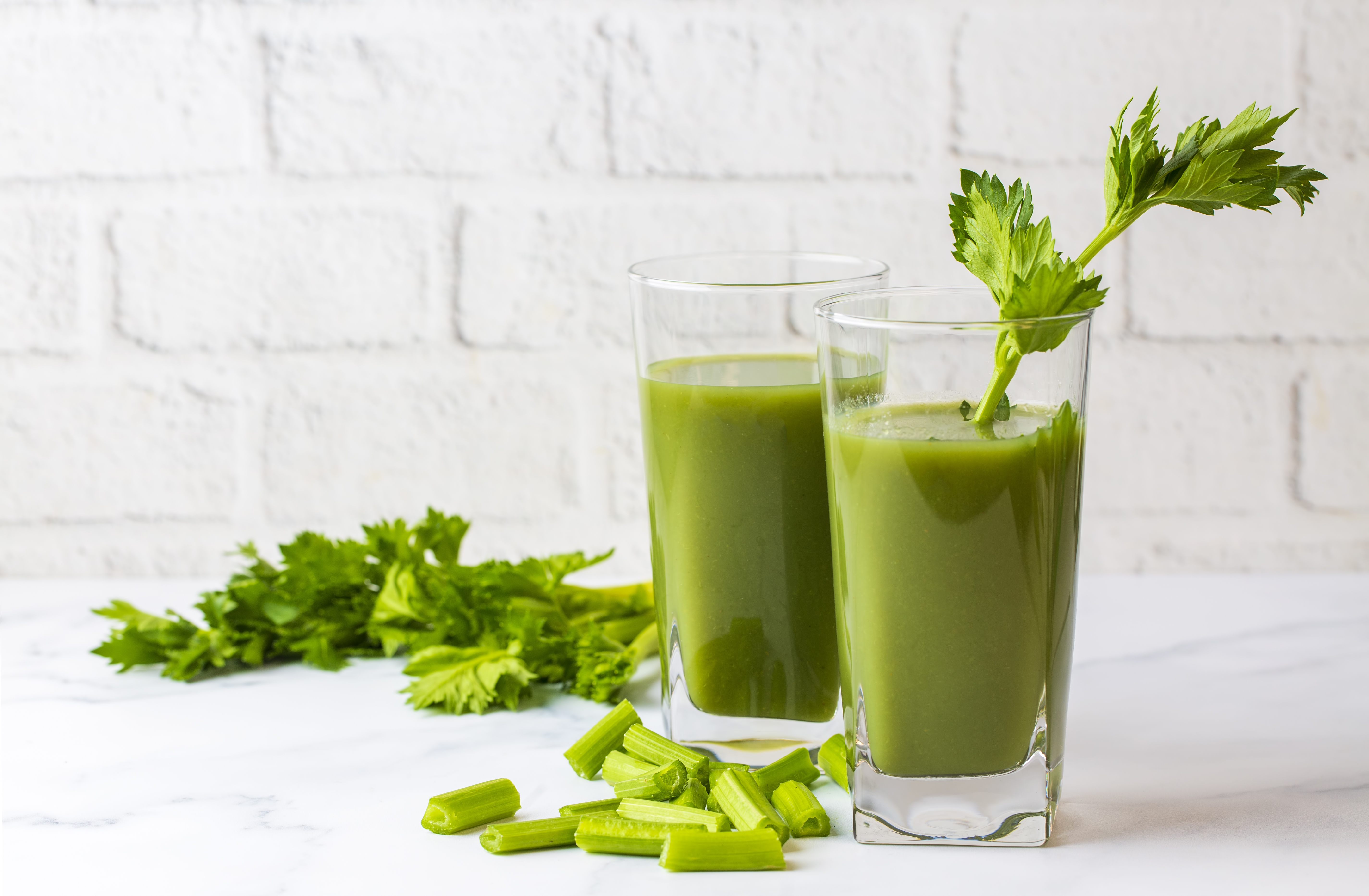
While trendy, fresh celery juice (consumed in moderation) offers unique phytonutrients like luteolin and polyacetylenes, which possess anti-inflammatory properties. Its high water content aids hydration, crucial for healthy blood pressure, and it provides potassium. While not a cure-all, incorporating small amounts of unsalted, fresh celery juice can contribute to reducing overall inflammation and supporting cardiovascular health, especially when part of a balanced diet. Think of it as a green, hydrating boost for your system.
45. Spirulina or Chlorella Infused Water: Microalgae Power
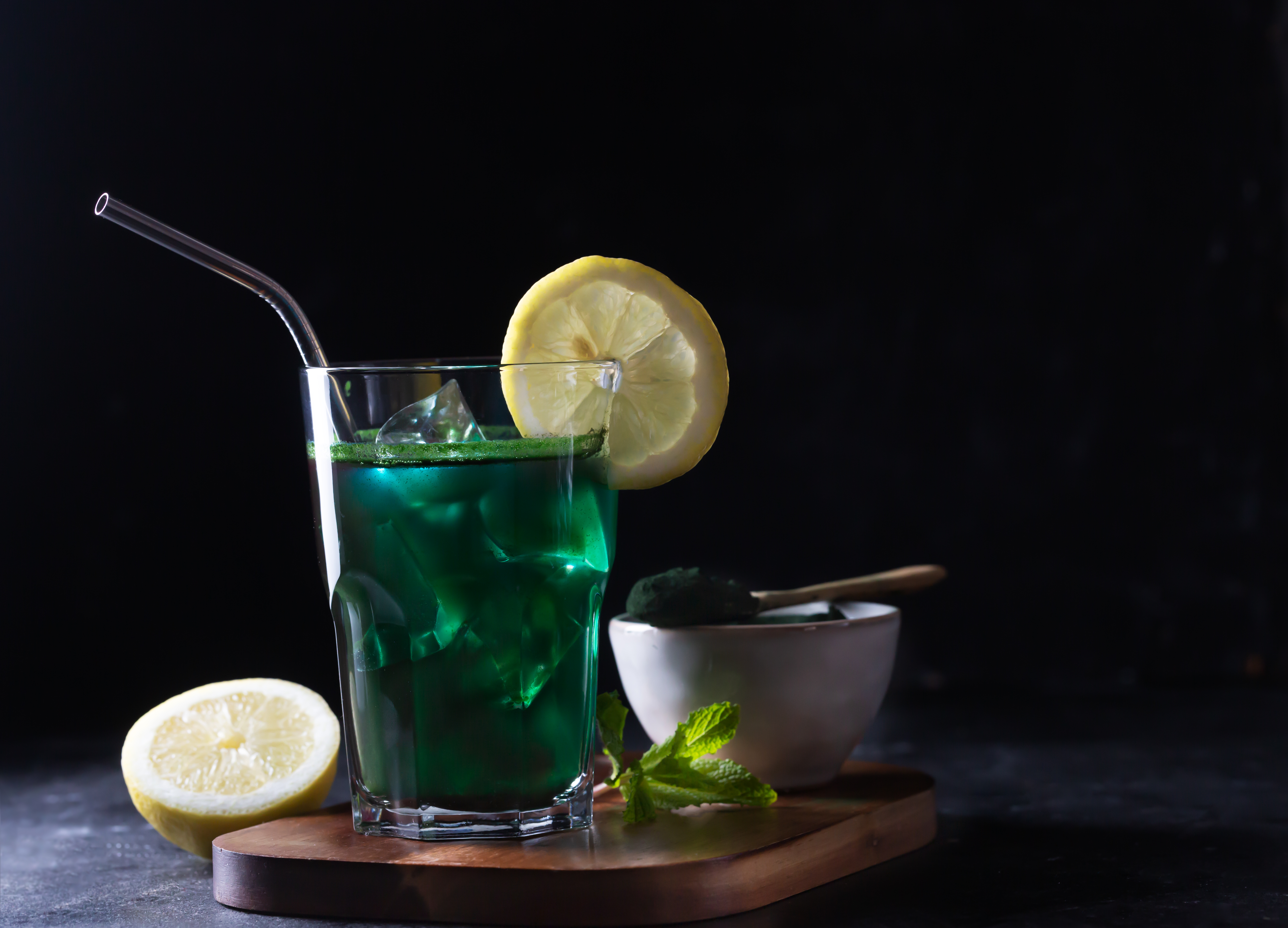
Tiny but mighty, blue-green algae like spirulina and chlorella are nutrient powerhouses. Stirring a small amount of their powder into water or a smoothie unleashes a wave of antioxidants, chlorophyll, phycocyanin (in spirulina), and omega-3s. These compounds actively combat oxidative stress and inflammation. Studies suggest these microalgae can also help improve blood lipid profiles and support overall cardiovascular function, offering a vibrant green path to a healthier heart.
46. Saffron Tea/Infusion: The Golden Thread of Wellness
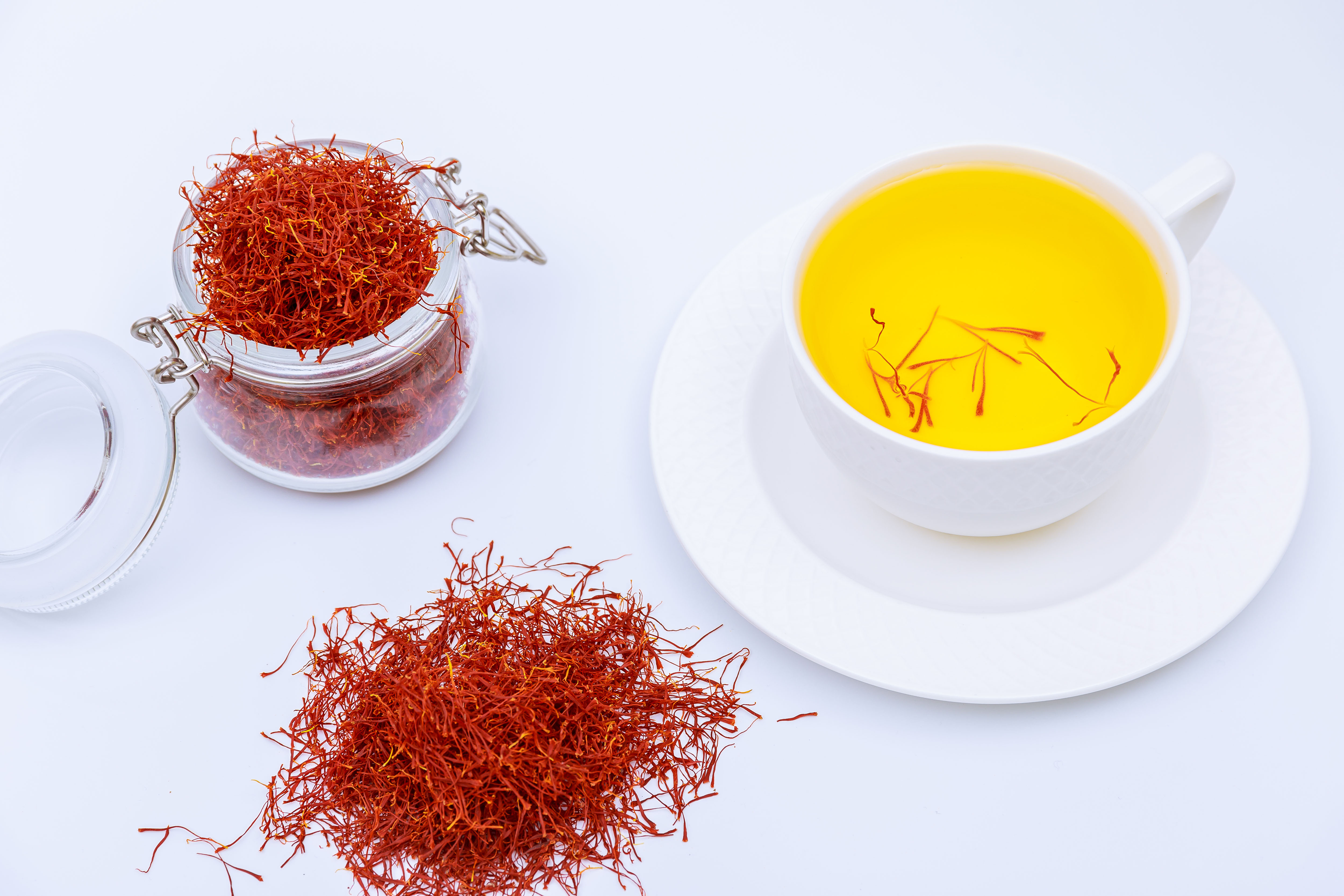
More than just an exotic spice, saffron contains potent antioxidants like crocin, crocetin, and safranal. These compounds give saffron its vibrant color and are responsible for its impressive anti-inflammatory and mood-lifting properties. Infusing a few threads of saffron in warm water creates a delicate, golden tea that may help protect blood vessels, reduce oxidative stress, and contribute to emotional well-being, all of which are beneficial for heart health. It’s a luxurious yet simple way to sip on ancient wisdom.
47. Medicinal Mushroom Broth (Reishi/Lion's Mane): Fungal Intelligence

Beyond culinary varieties, medicinal mushrooms like Reishi and Lion's Mane offer profound health benefits when brewed into a broth or tea. Reishi is renowned for its adaptogenic, immune-modulating, and anti-inflammatory effects, potentially benefiting blood pressure and cholesterol. Lion's Mane supports nerve health, which can be linked to stress responses impacting the heart. These earthy brews harness complex polysaccharides and triterpenes that help fortify your body against chronic inflammation, nurturing your cardiovascular system from a unique angle.
48. Unsweetened Coconut Water: The Electrolyte Elixir
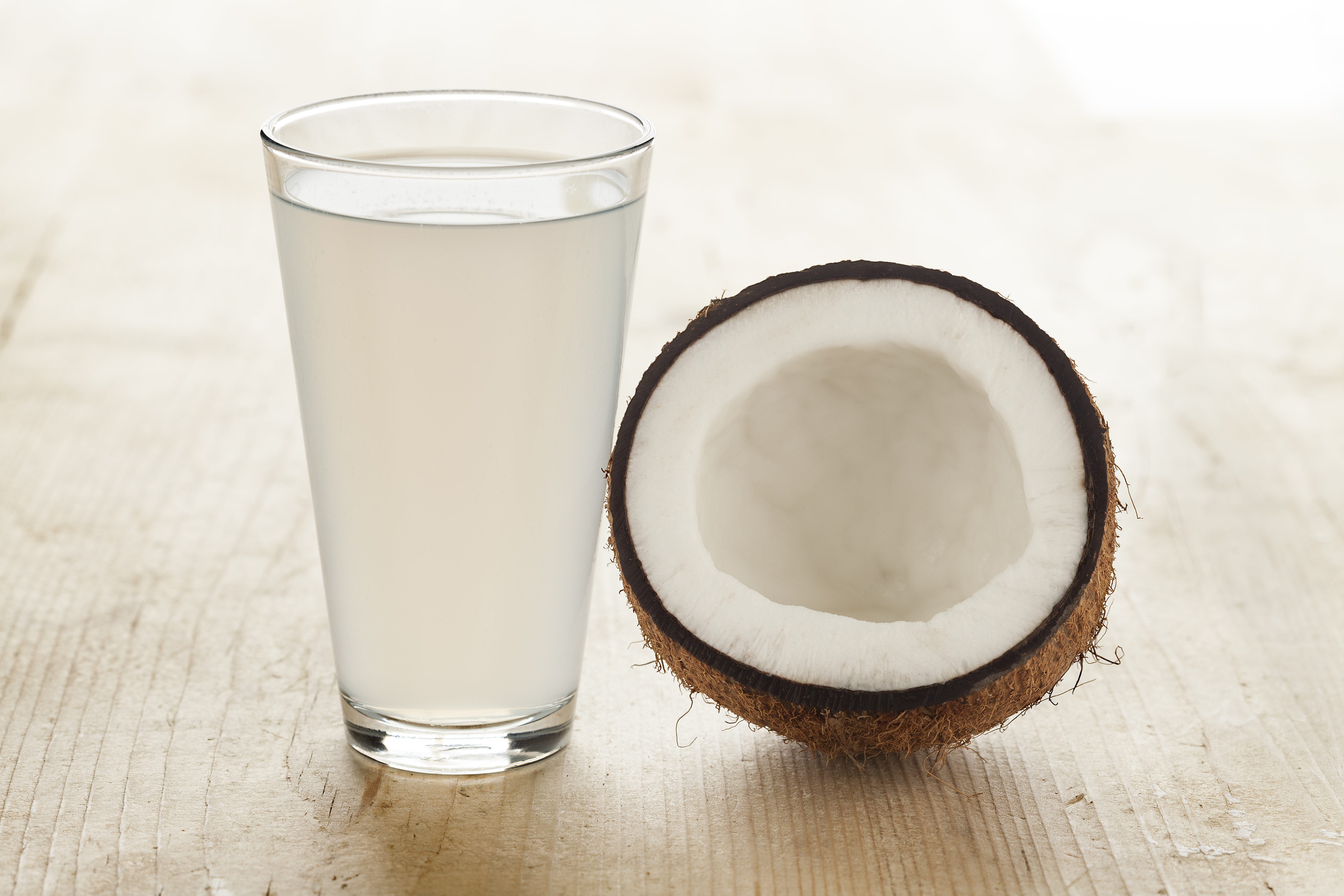
Nature's own sports drink, unsweetened coconut water is prized for its excellent hydration capabilities and rich electrolyte profile, particularly potassium. Adequate potassium intake is vital for maintaining healthy blood pressure levels by counteracting the effects of sodium and easing tension in blood vessel walls. While not a direct anti-inflammatory powerhouse like some teas, its role in fluid balance and blood pressure regulation makes it a heart-smart choice for rehydration, especially after exercise or in warm weather.
49. Artichoke Leaf Tea: The Liver & Cholesterol Helper
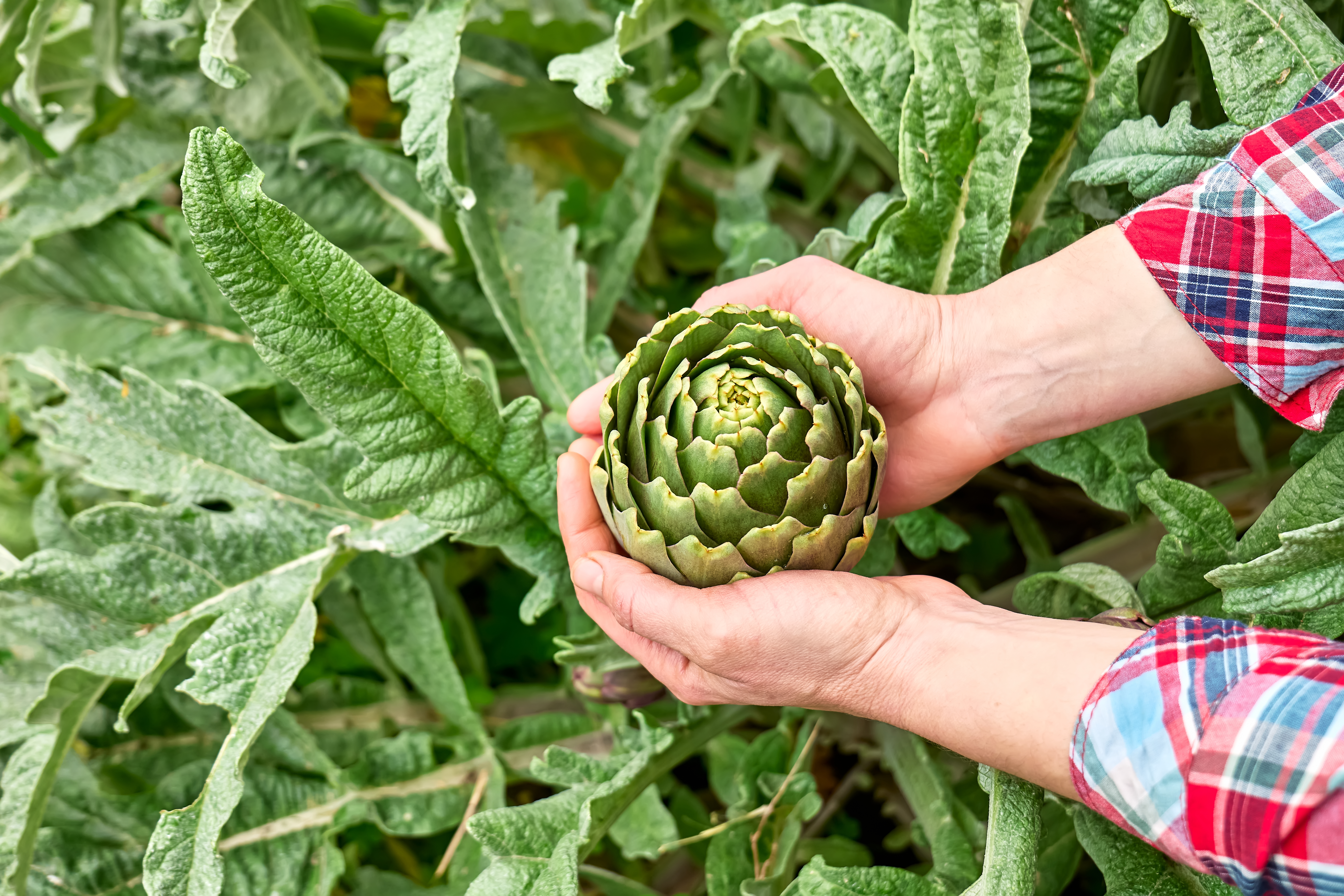
While the artichoke heart is delicious, its leaves pack a healthful punch too! Artichoke leaf tea or extract contains cynarin and silymarin, compounds known to support liver function and bile production, which aids in fat digestion and cholesterol metabolism. A healthy liver and balanced cholesterol are crucial for cardiovascular wellness. This slightly bitter tea can also have mild diuretic effects, promoting healthy fluid balance. It’s a traditional remedy for digestive and metabolic support that indirectly benefits your heart.
50. Rose Water (Culinary Grade, Diluted): Gentle Floral Soother
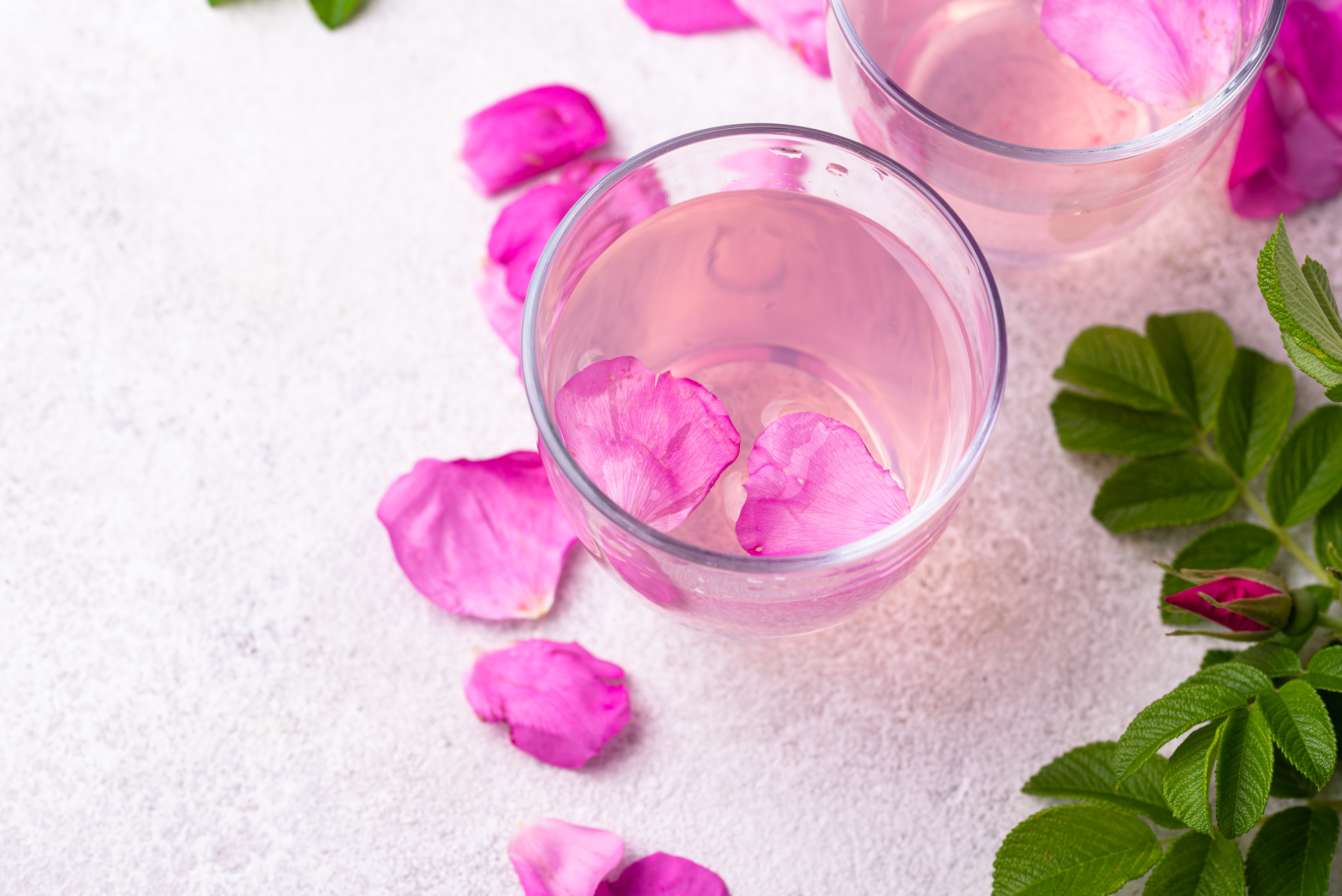
Traditionally used in Middle Eastern and South Asian cuisines and remedies, culinary-grade rose water (diluted in plain water) offers more than just a delicate fragrance. Roses contain antioxidants, including flavonoids and vitamin C, which have mild anti-inflammatory and calming properties. While subtle in its direct impact compared to stronger botanicals, enjoying rose-infused water can encourage hydration and provide a gentle soothing effect, contributing to overall well-being which is intrinsically linked to heart health.
51. Maple Water: Nature's Subtle Hydrator

Before it's concentrated into syrup, the pure sap tapped from maple trees is known as maple water. This clear, subtly sweet beverage is naturally hydrating and contains over 40 different nutrients, including minerals like manganese and zinc, plus antioxidants and organic acids. One notable compound is abscisic acid, which research suggests may play a role in healthy insulin response and possess anti-inflammatory properties. It’s a refreshing, natural alternative to plain water with a hint of forest-derived goodness for your system.
Sip Your Way to a Healthier Heart

As we conclude this exploration of anti-inflammatory drinks, it becomes clear that our beverage choices can significantly impact heart health. From ancient teas to modern smoothies, these drinks offer a delicious and effective way to reduce inflammation and support cardiovascular well-being. By incorporating these beverages into your daily routine, you can take proactive steps towards a healthier heart. Remember, small changes can lead to significant results, and sipping your way to a healthier heart is a journey worth embarking on. As you explore these drinks, consider how they fit into your lifestyle and enjoy the benefits they bring to your heart and overall health.